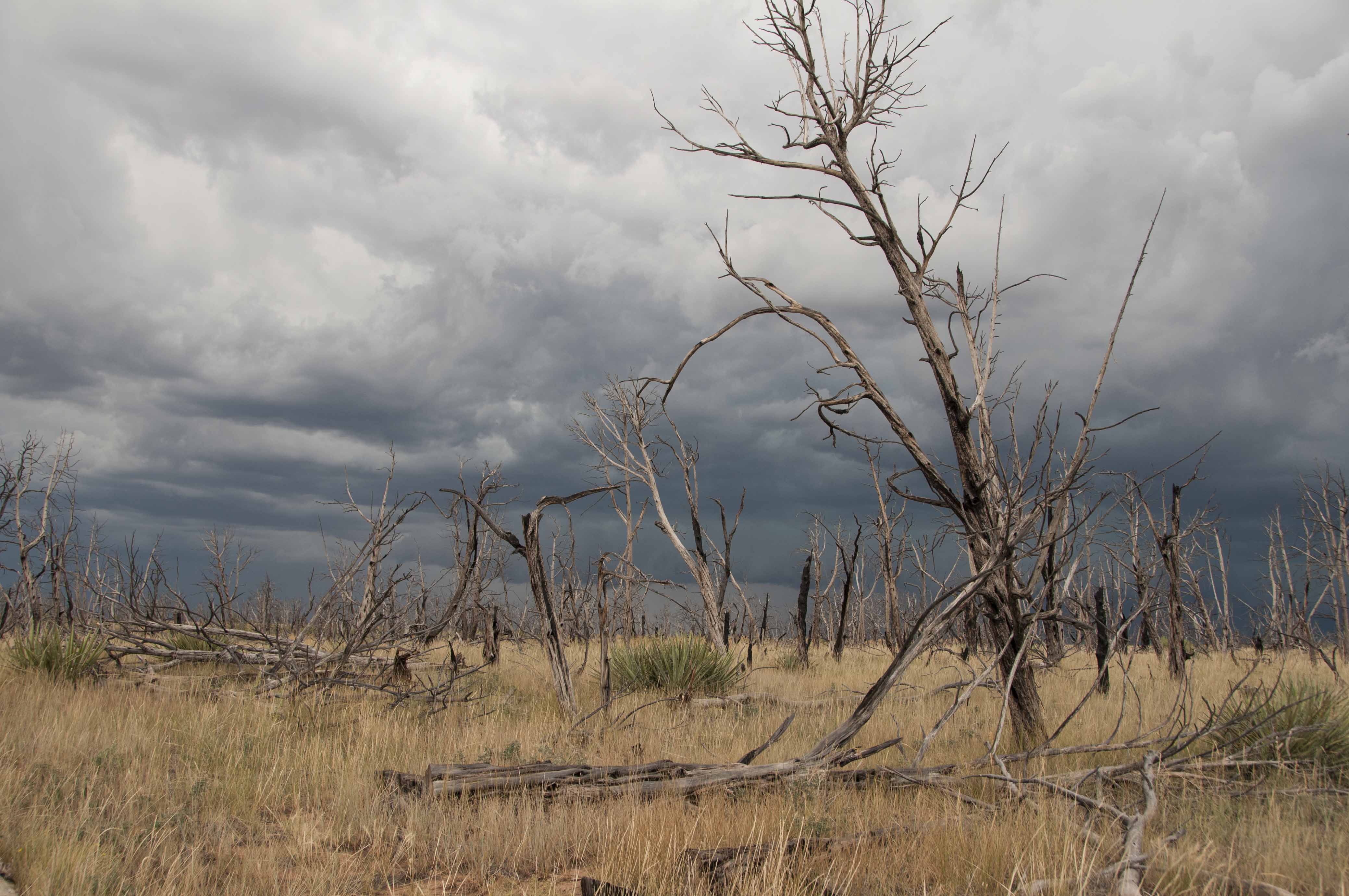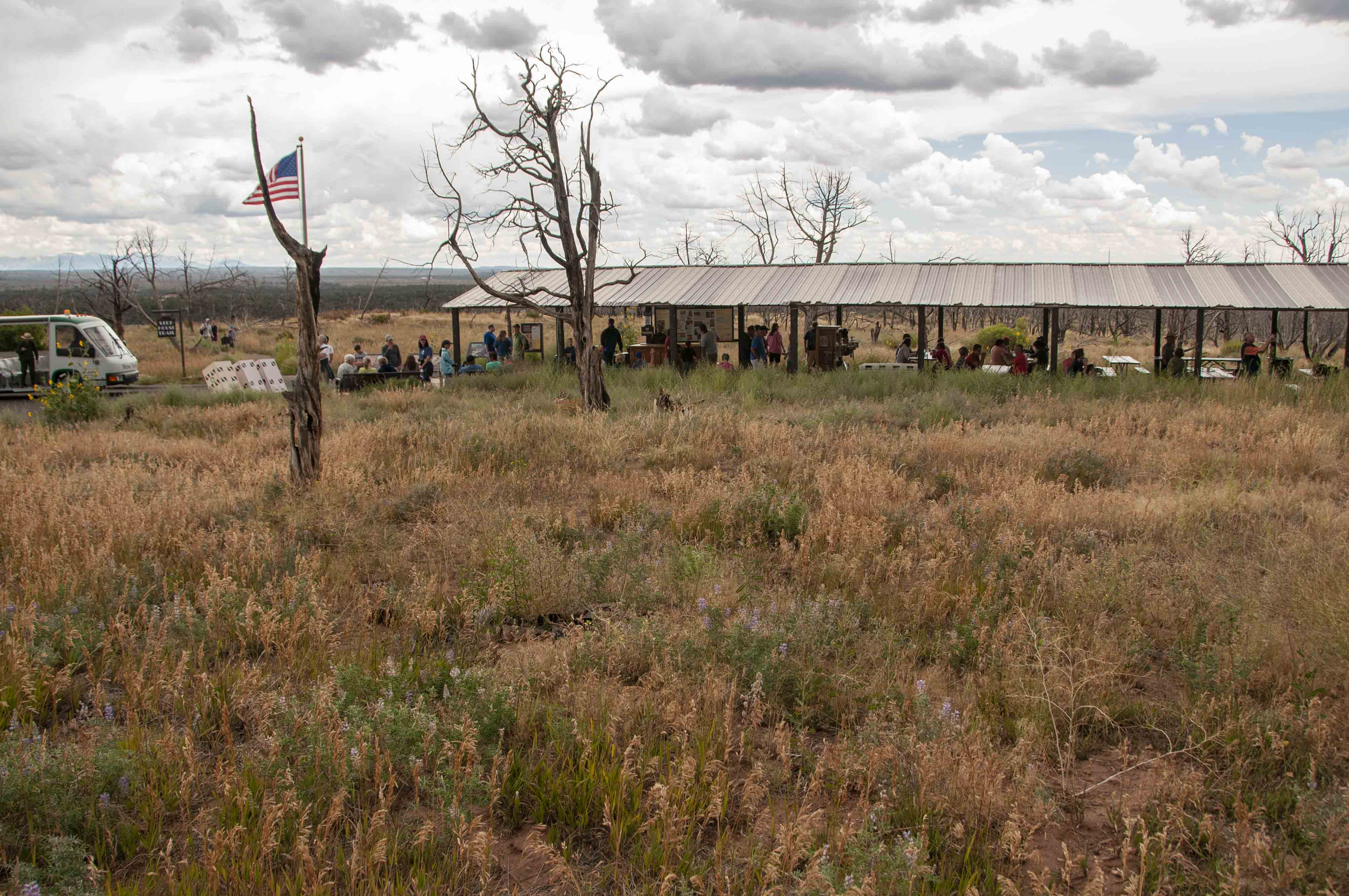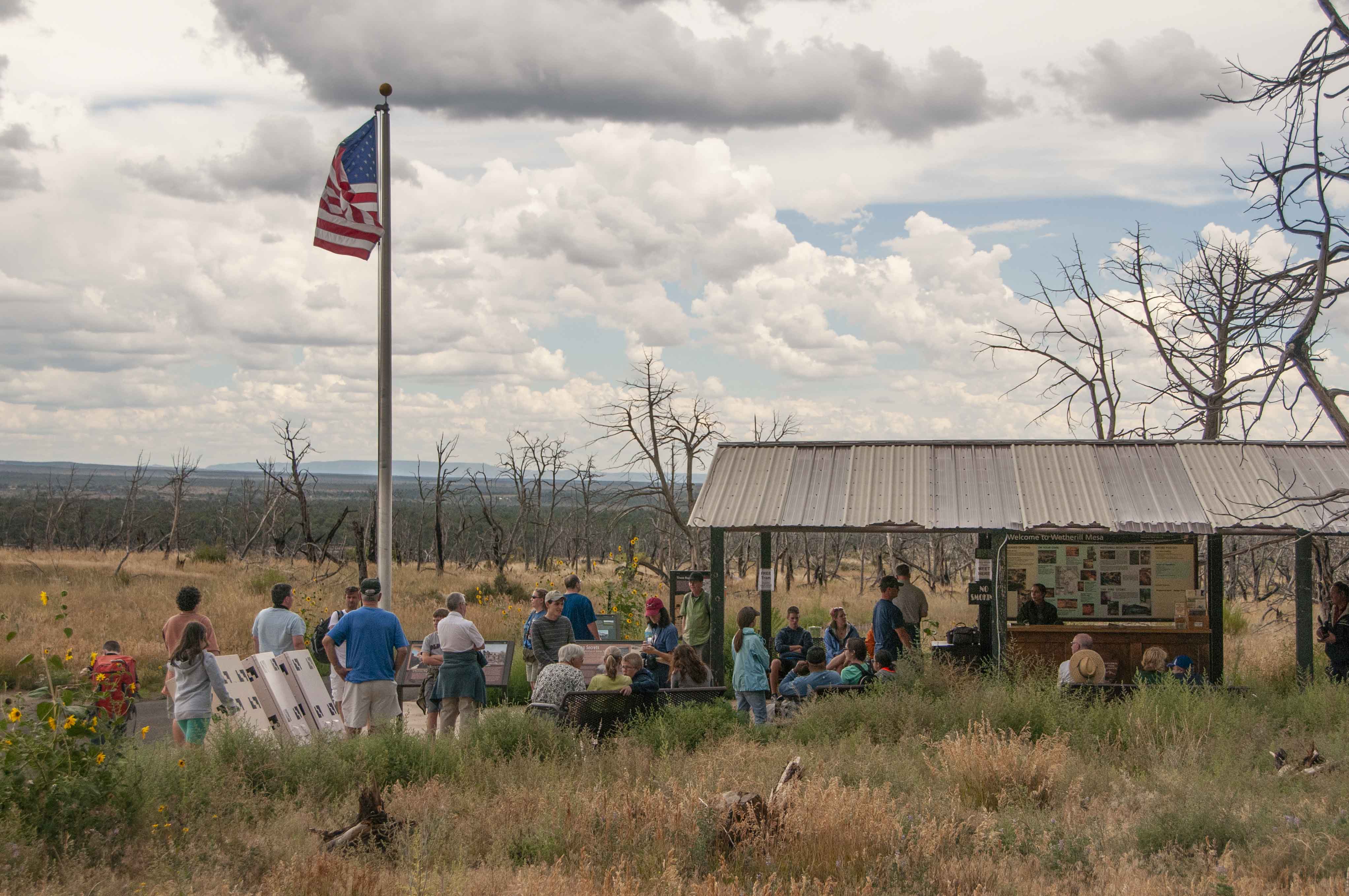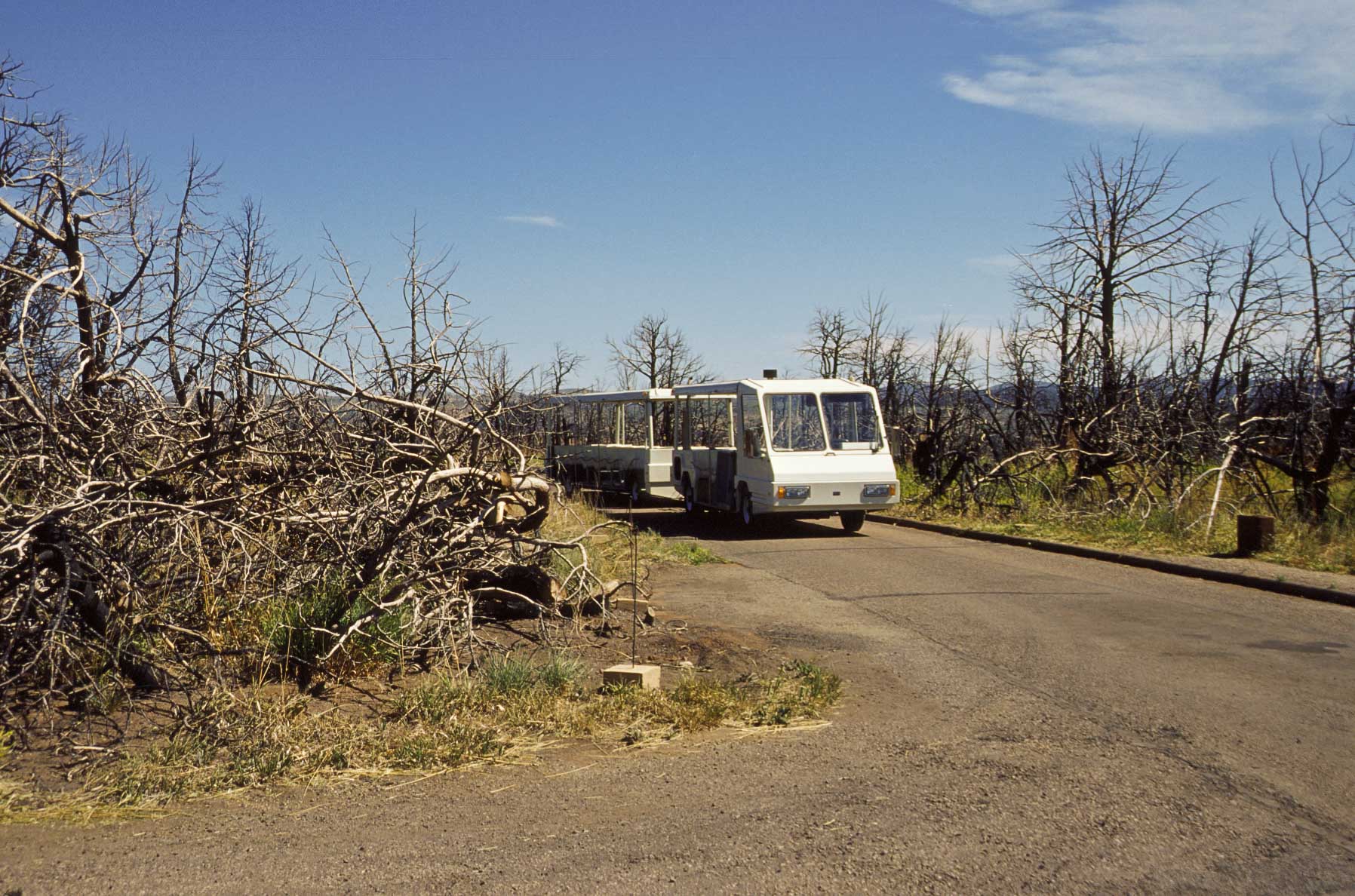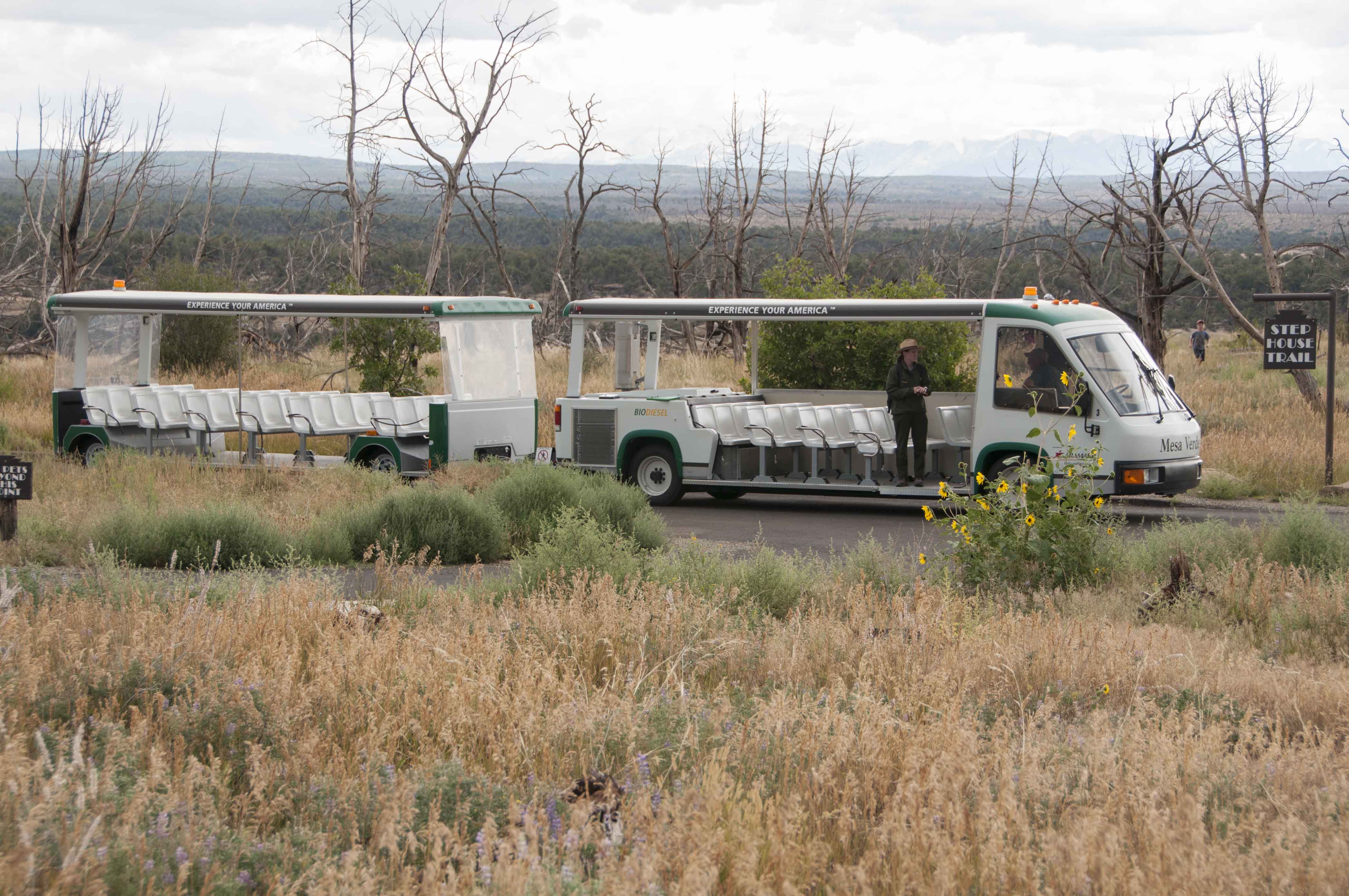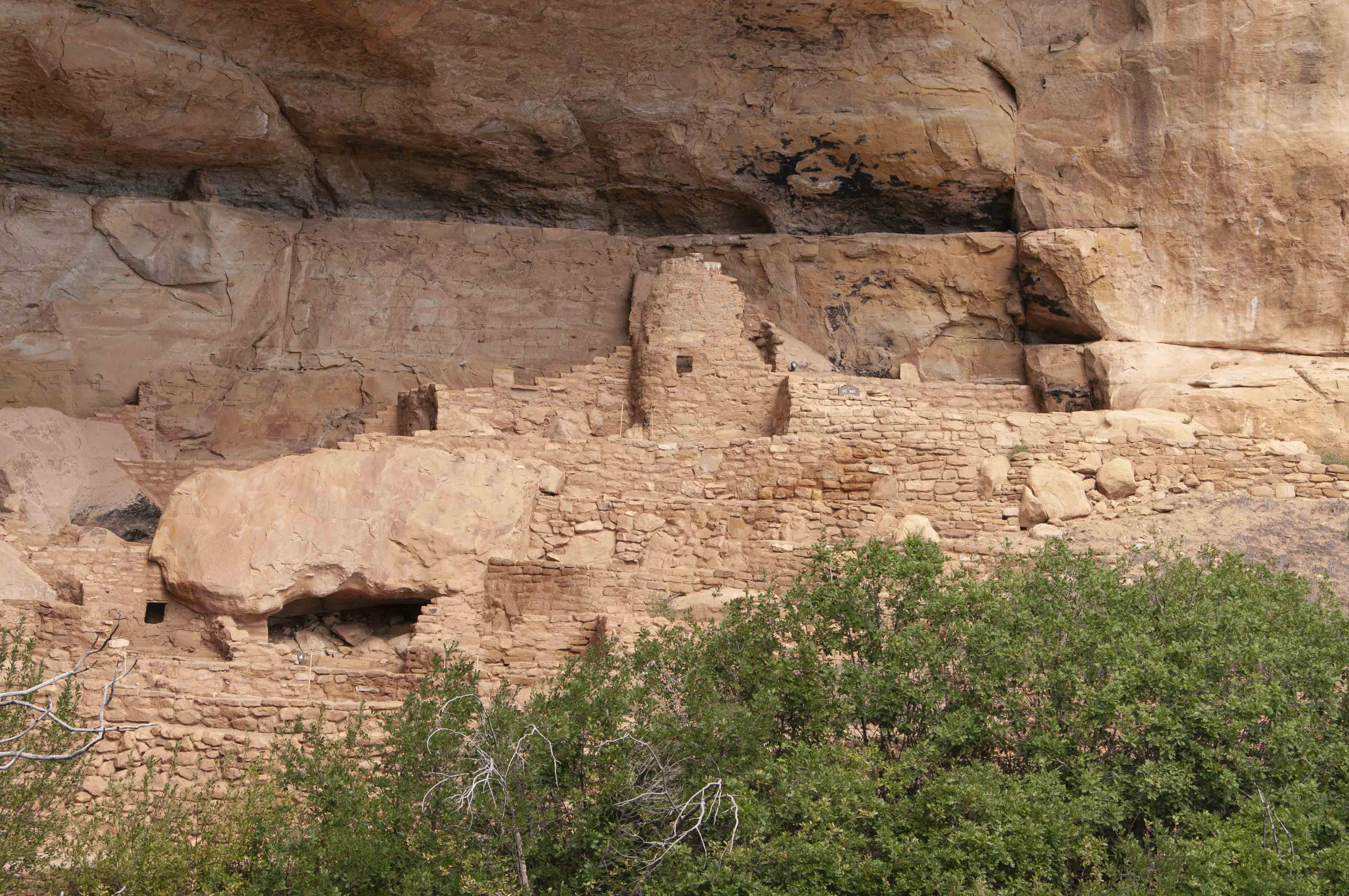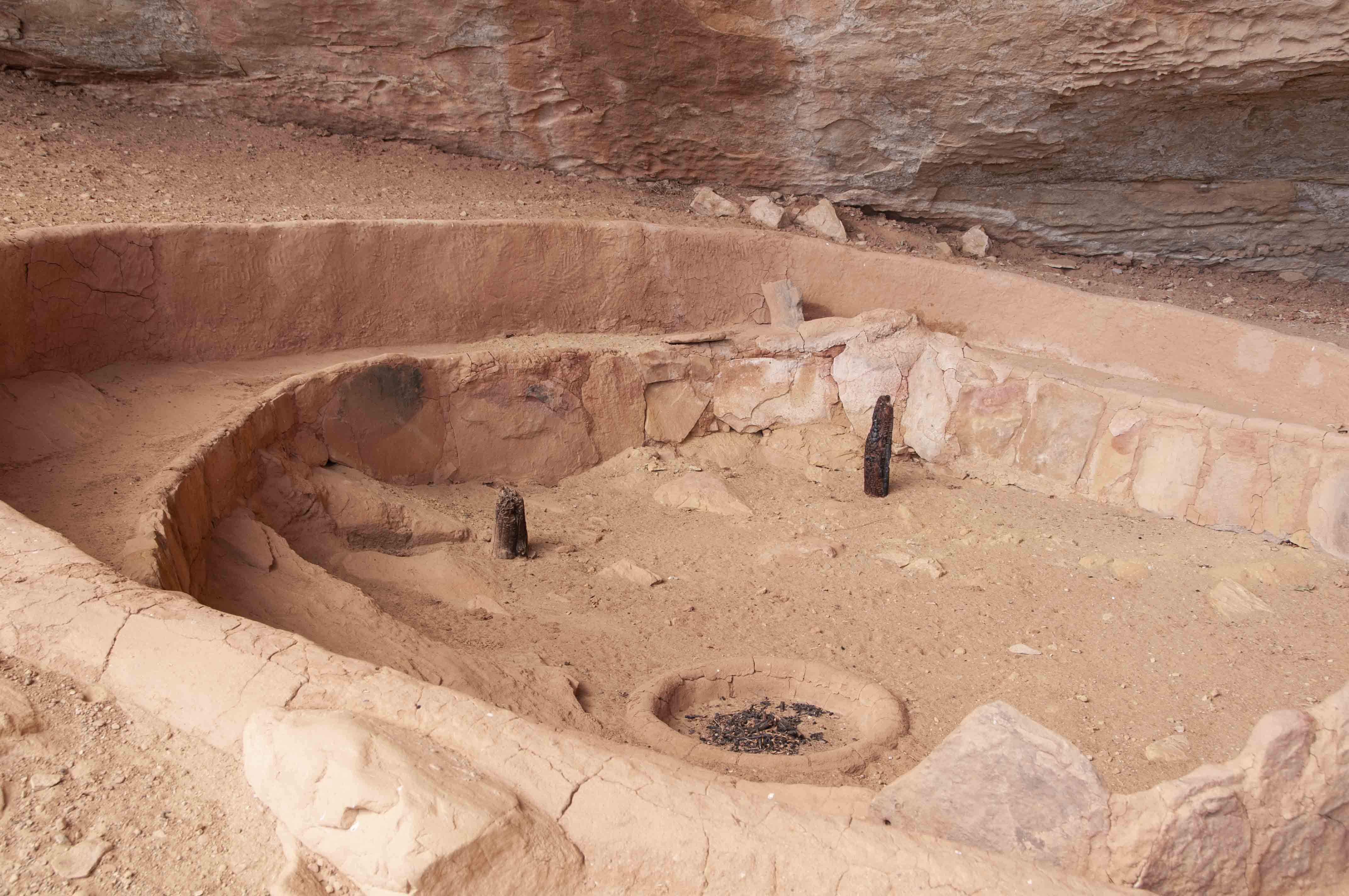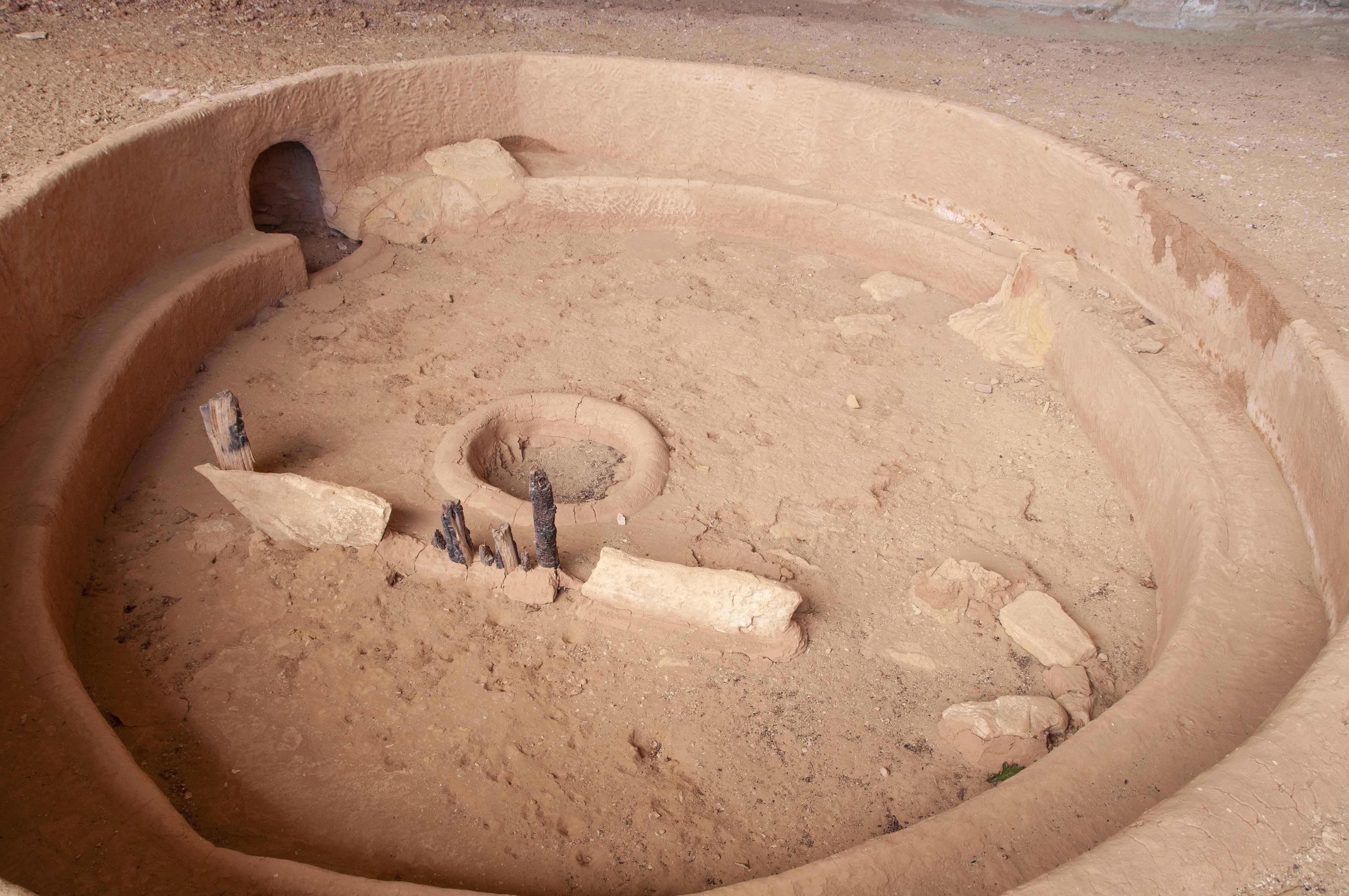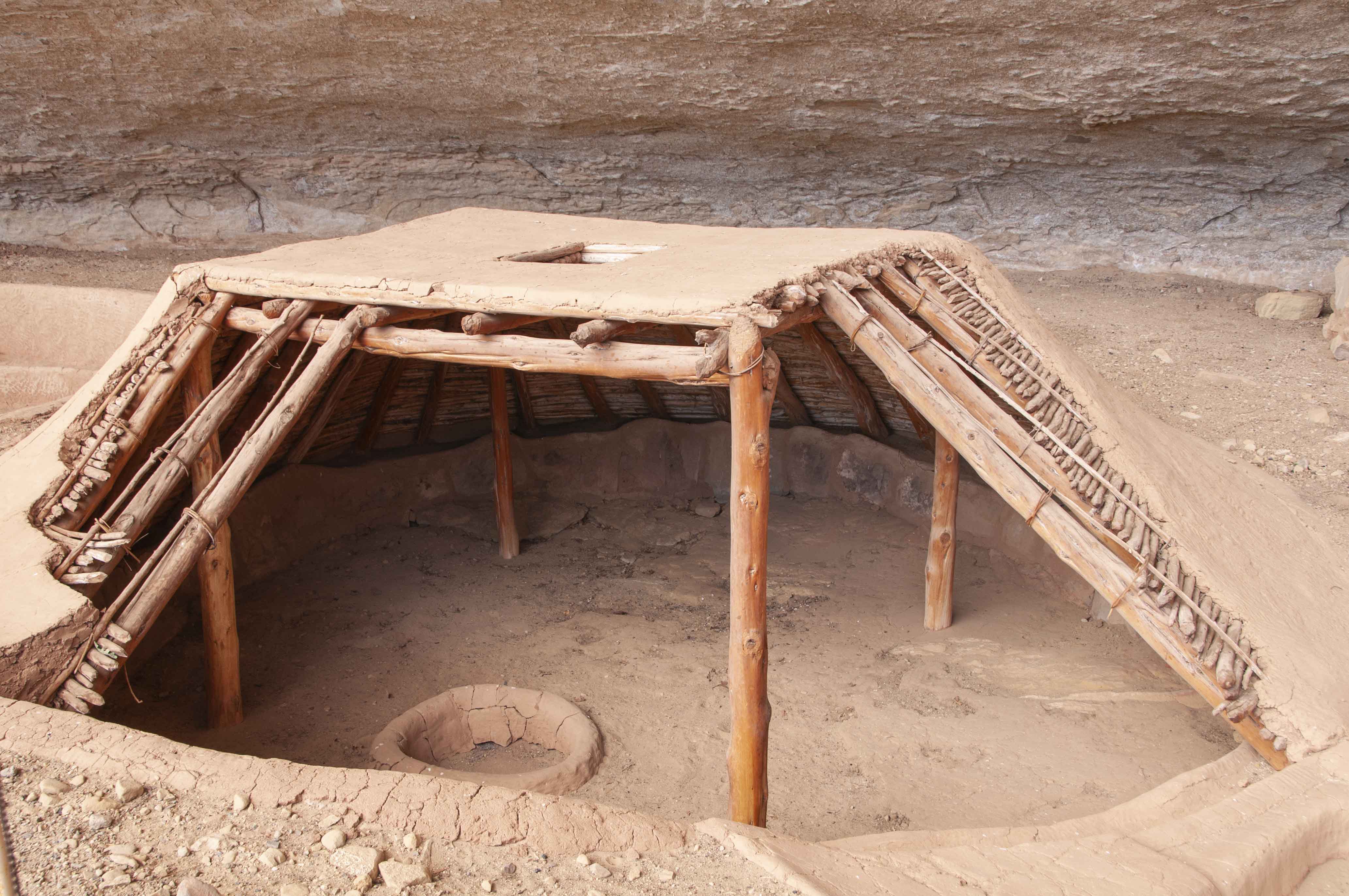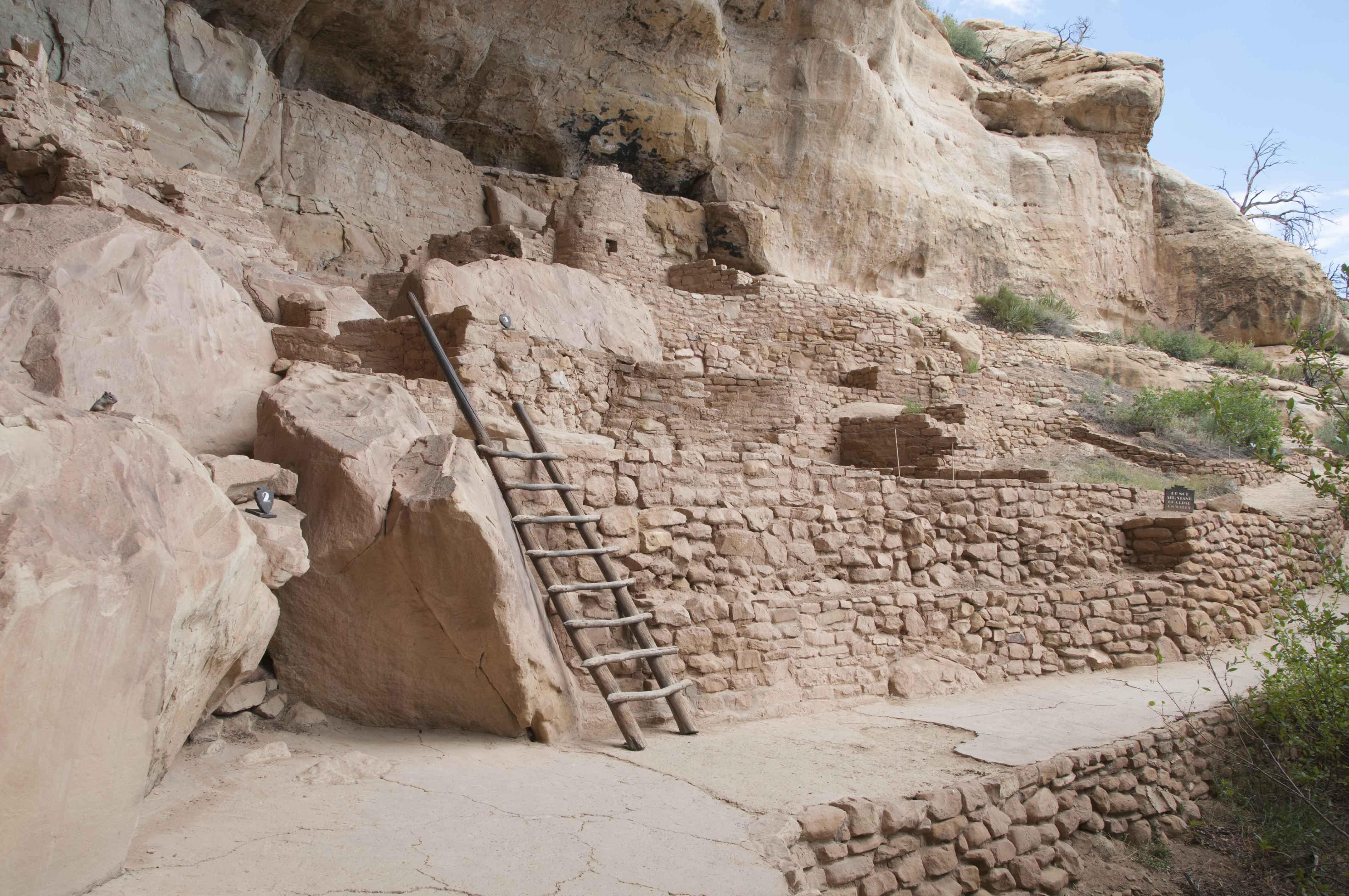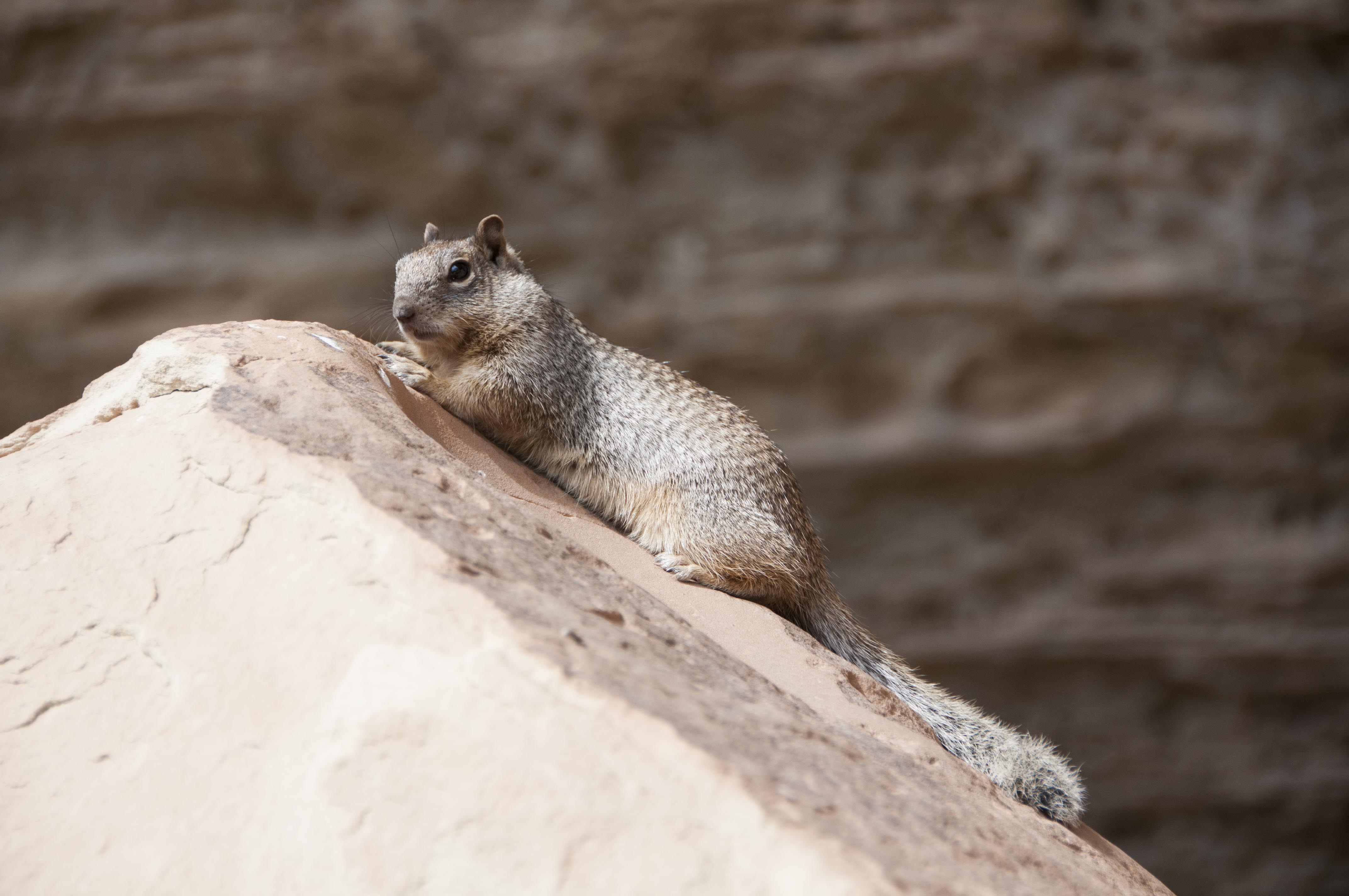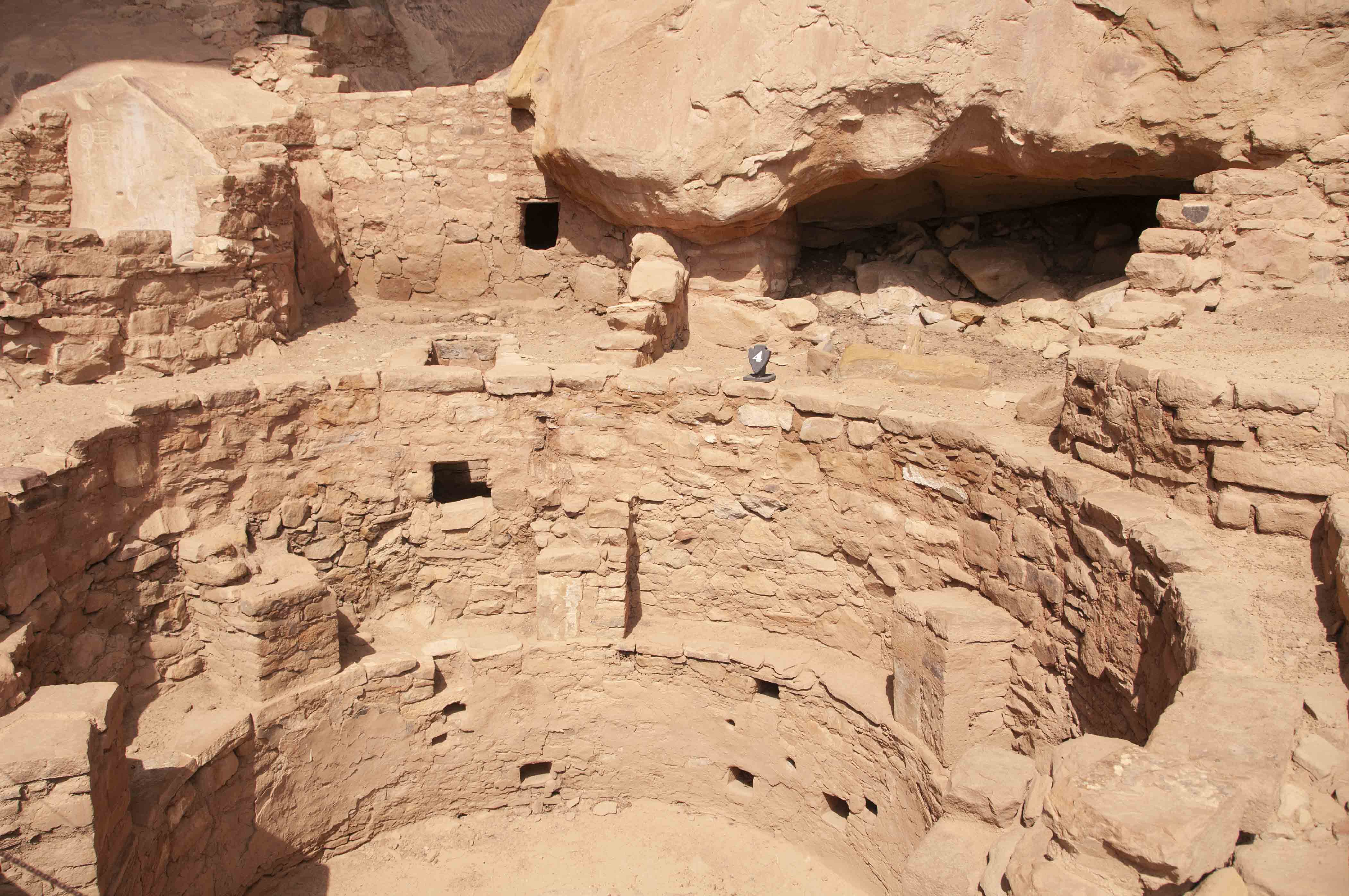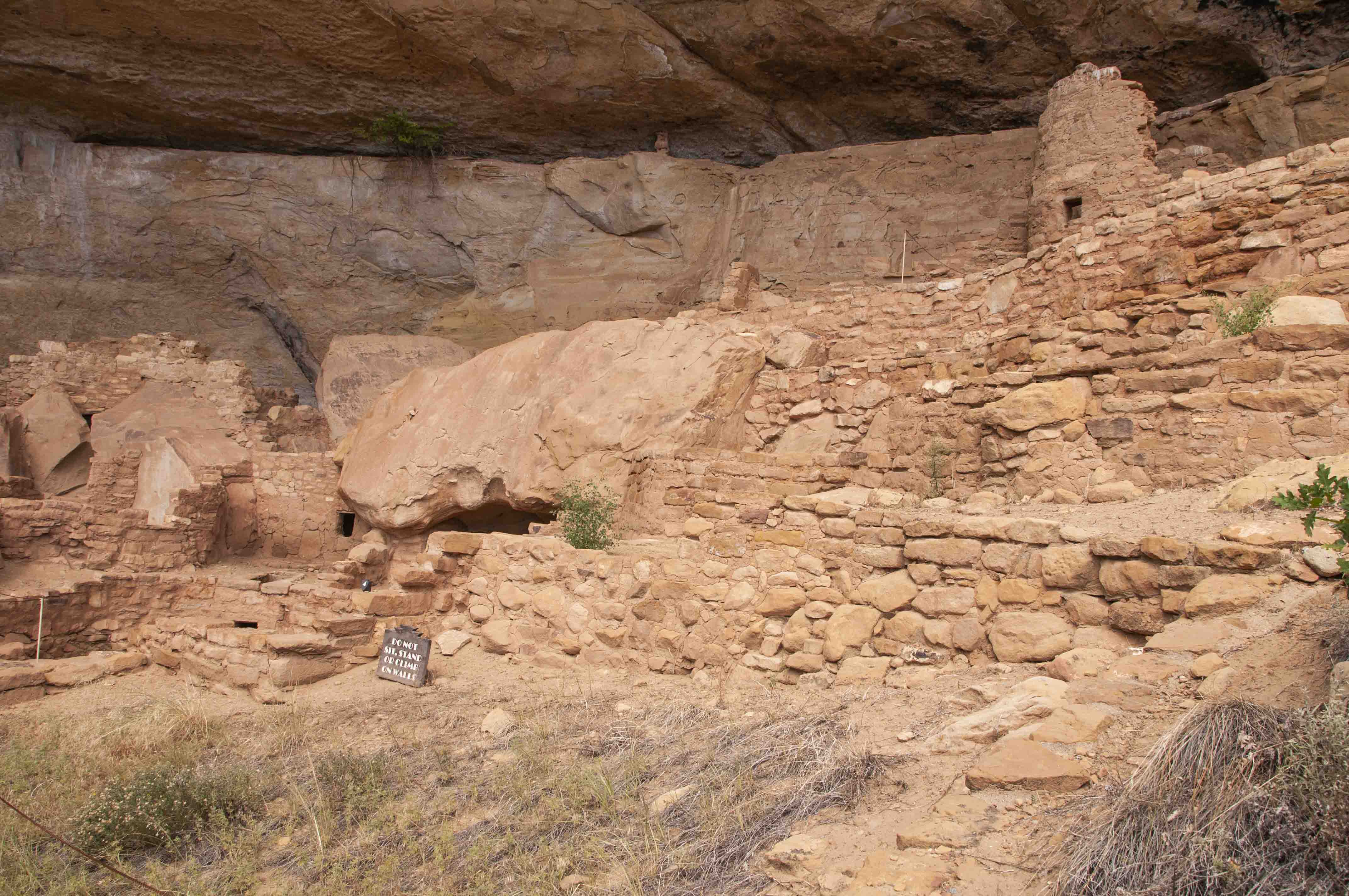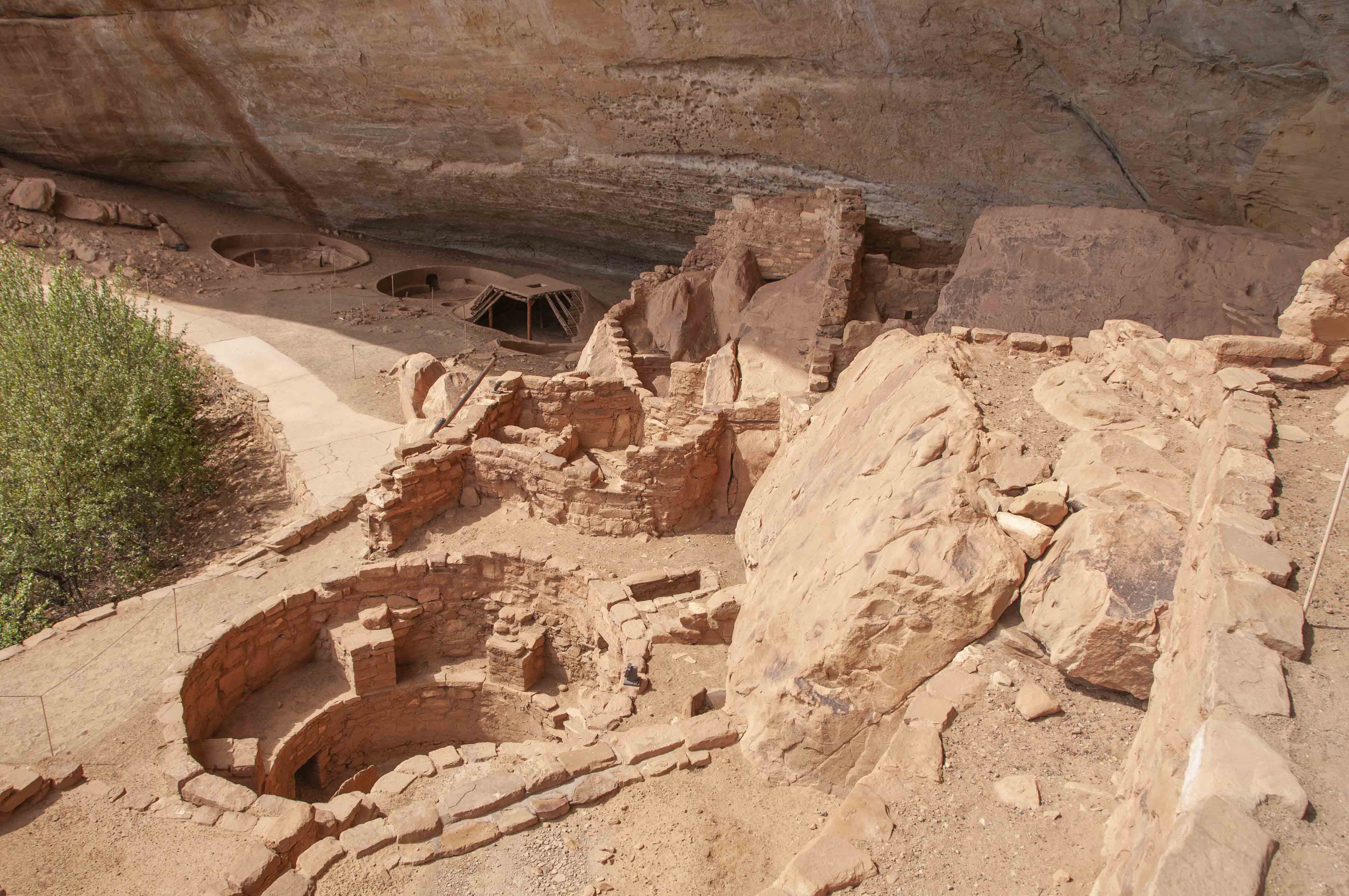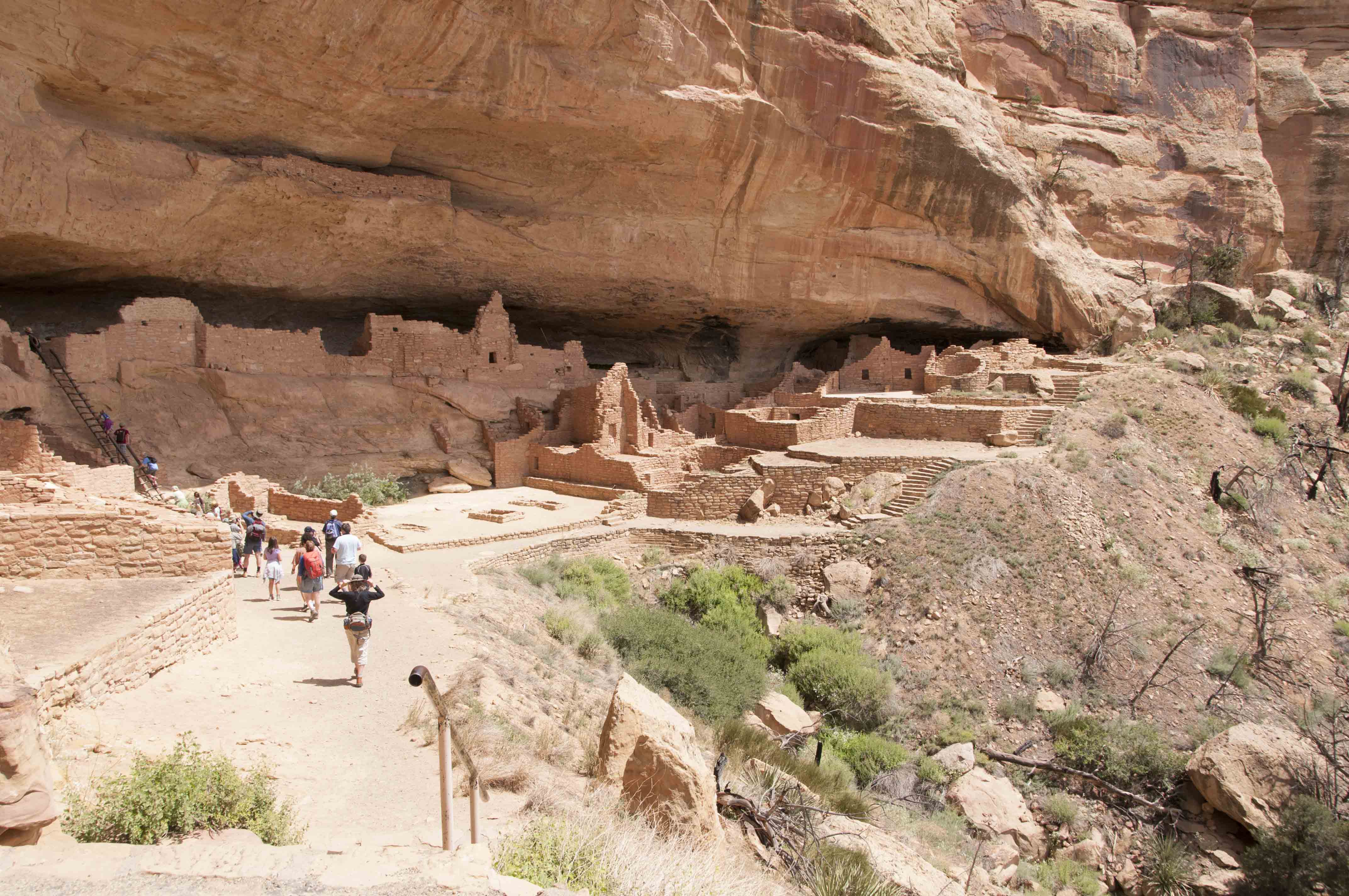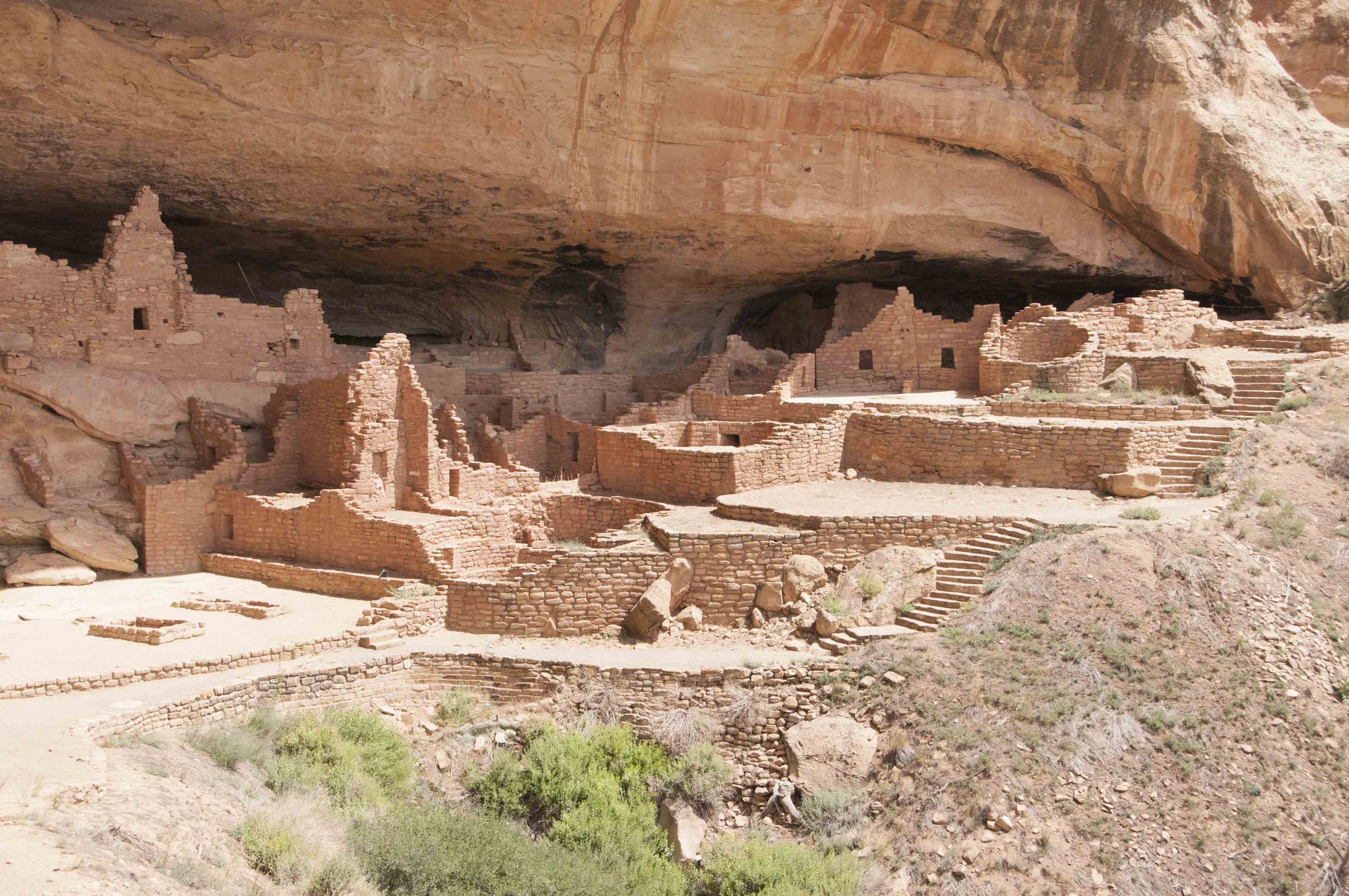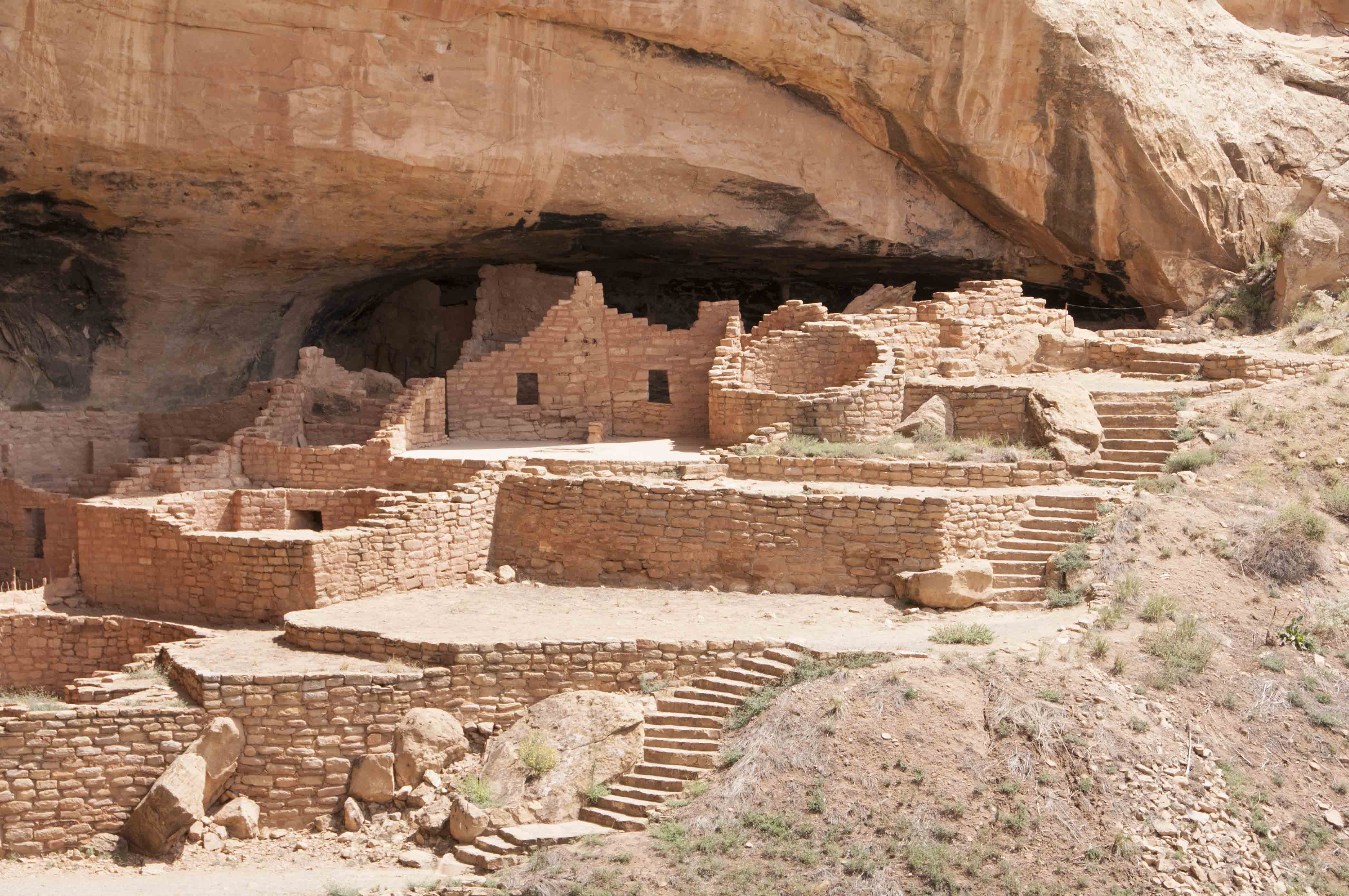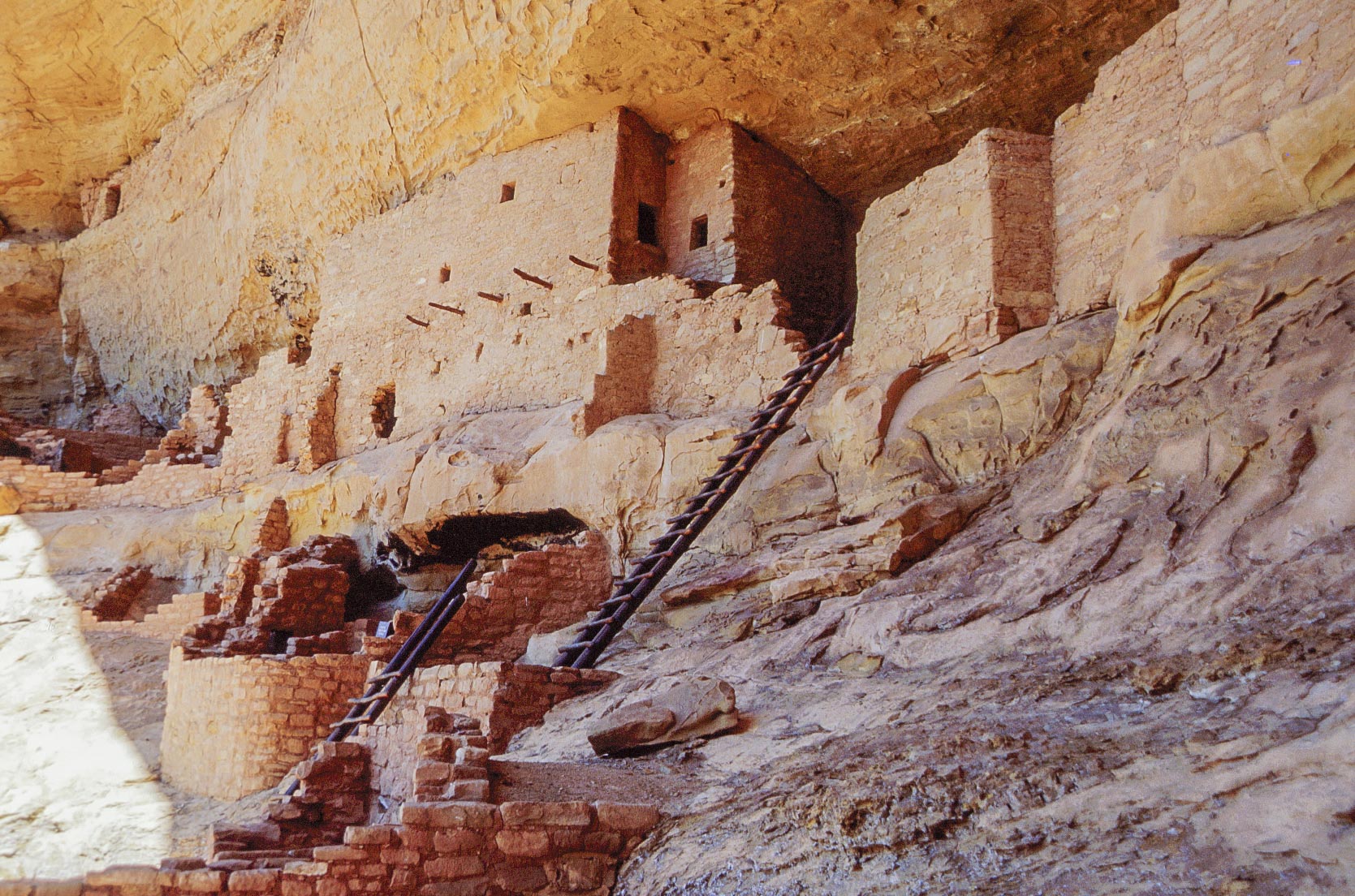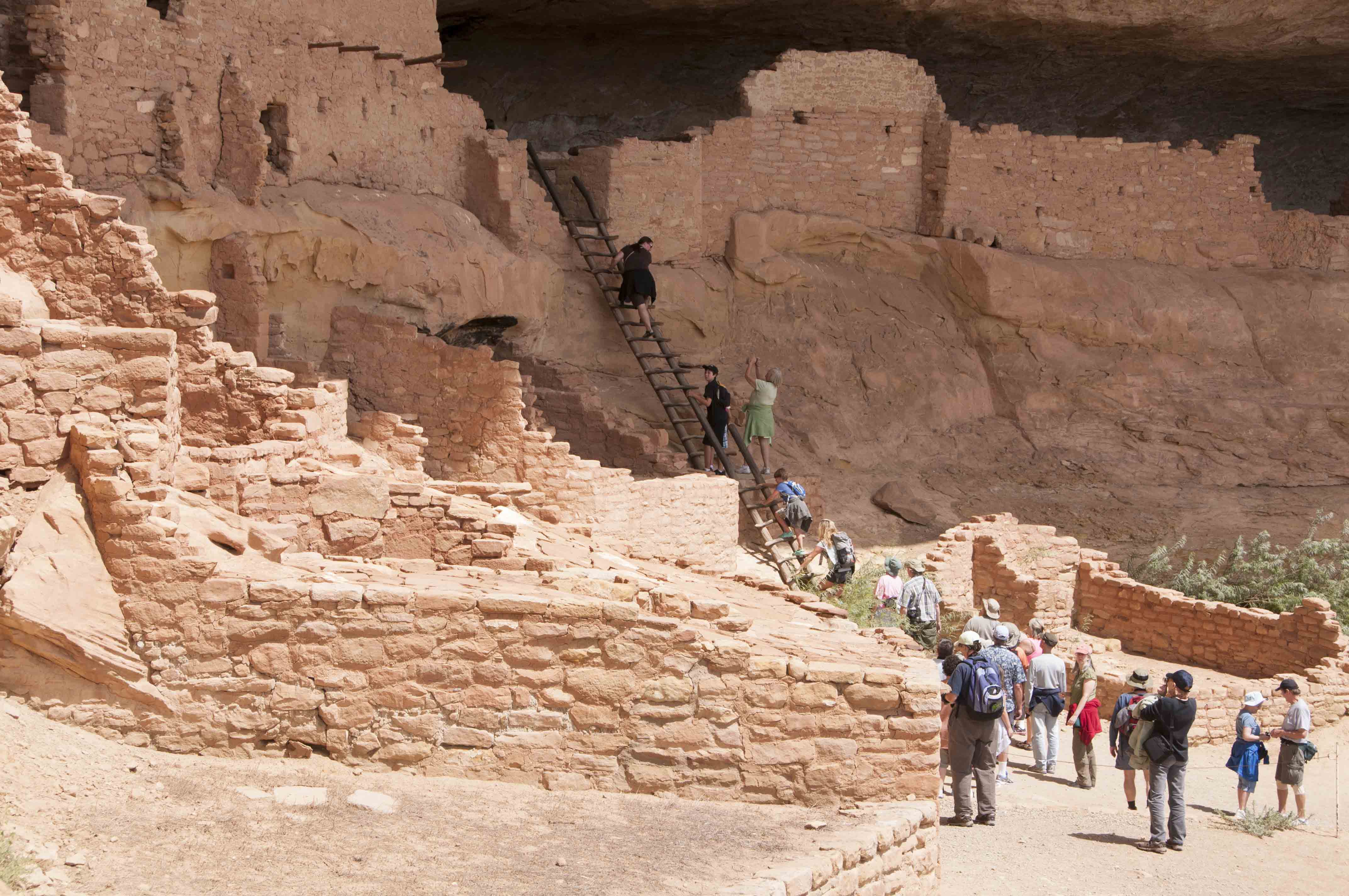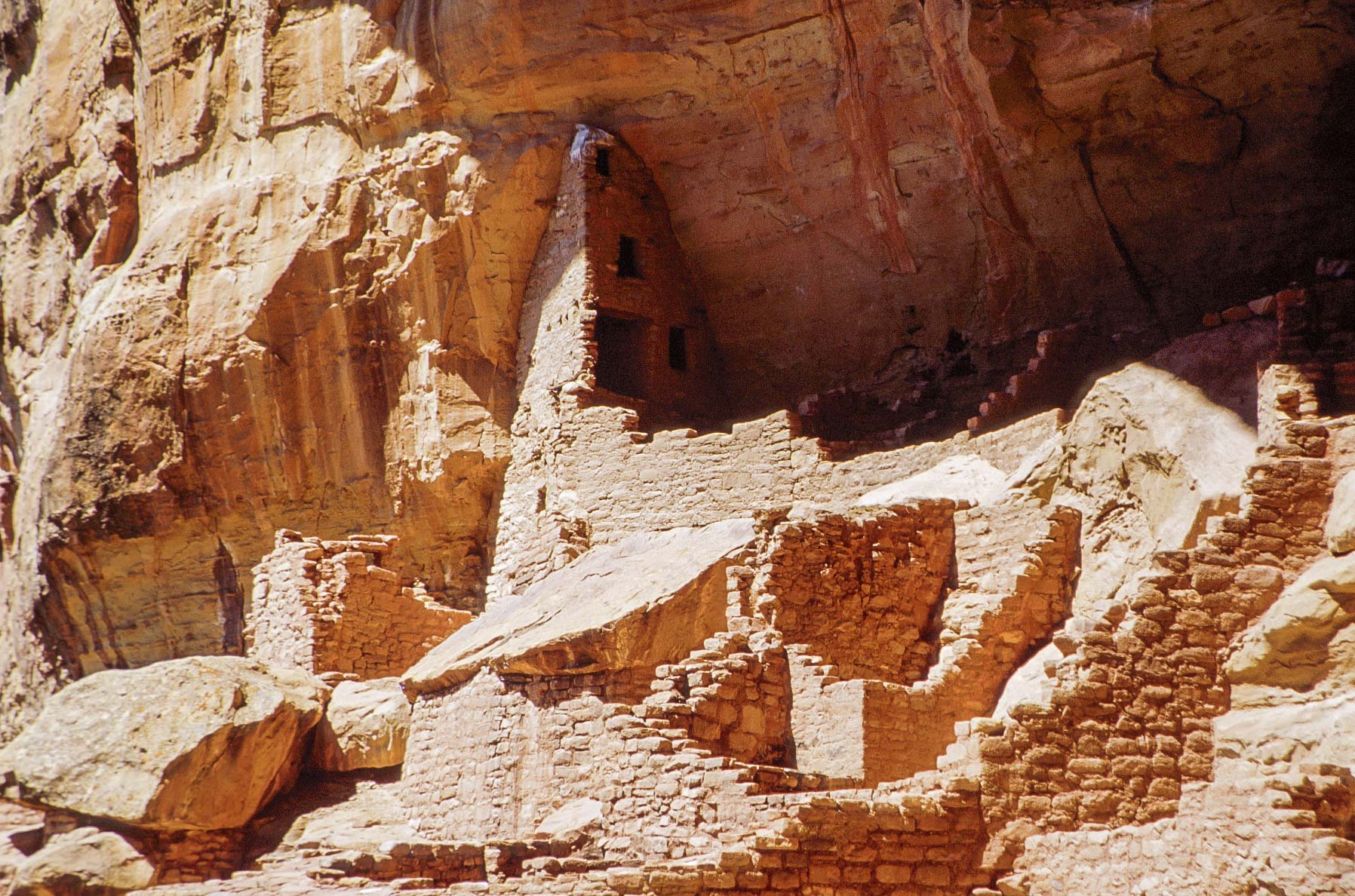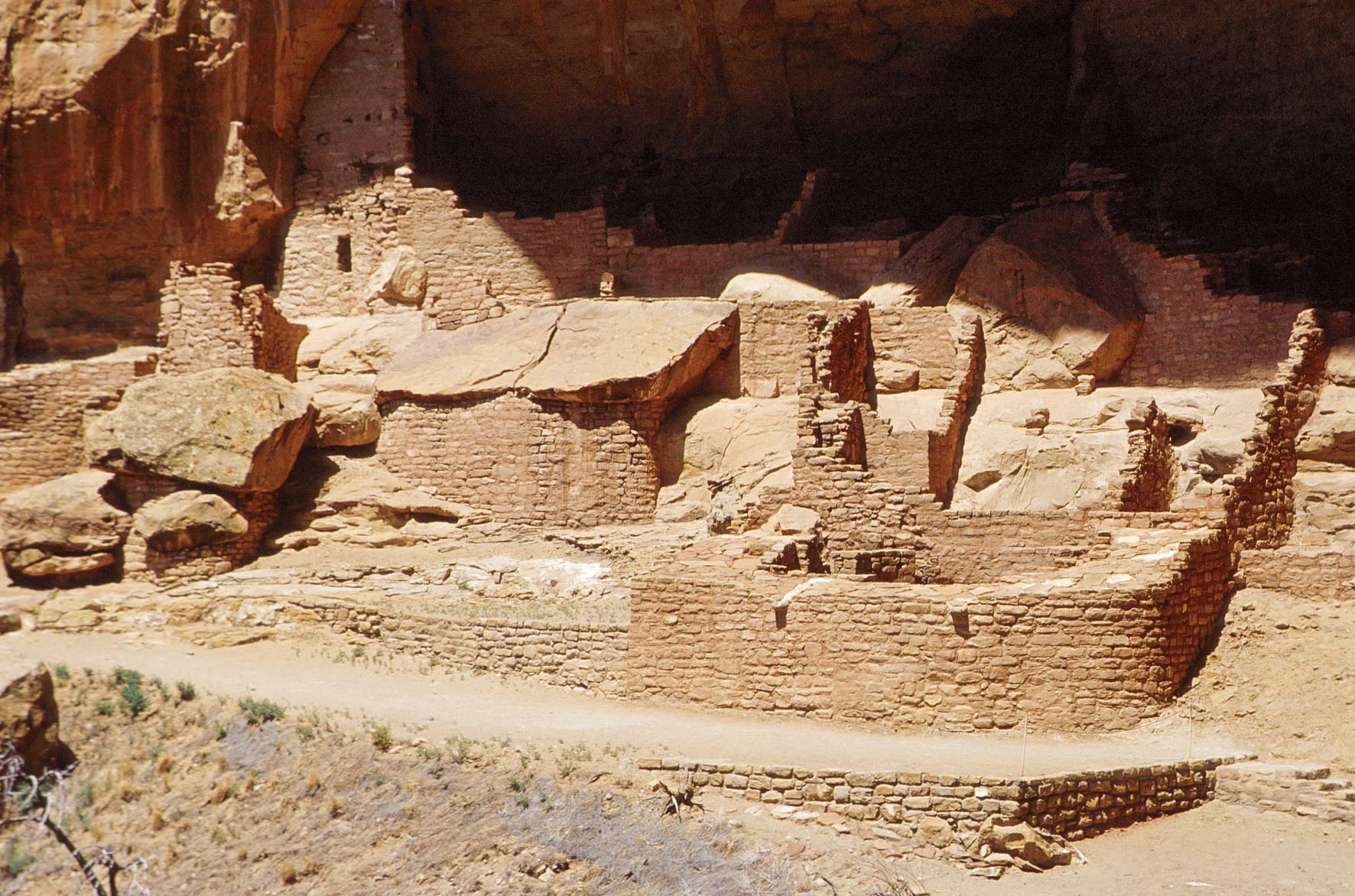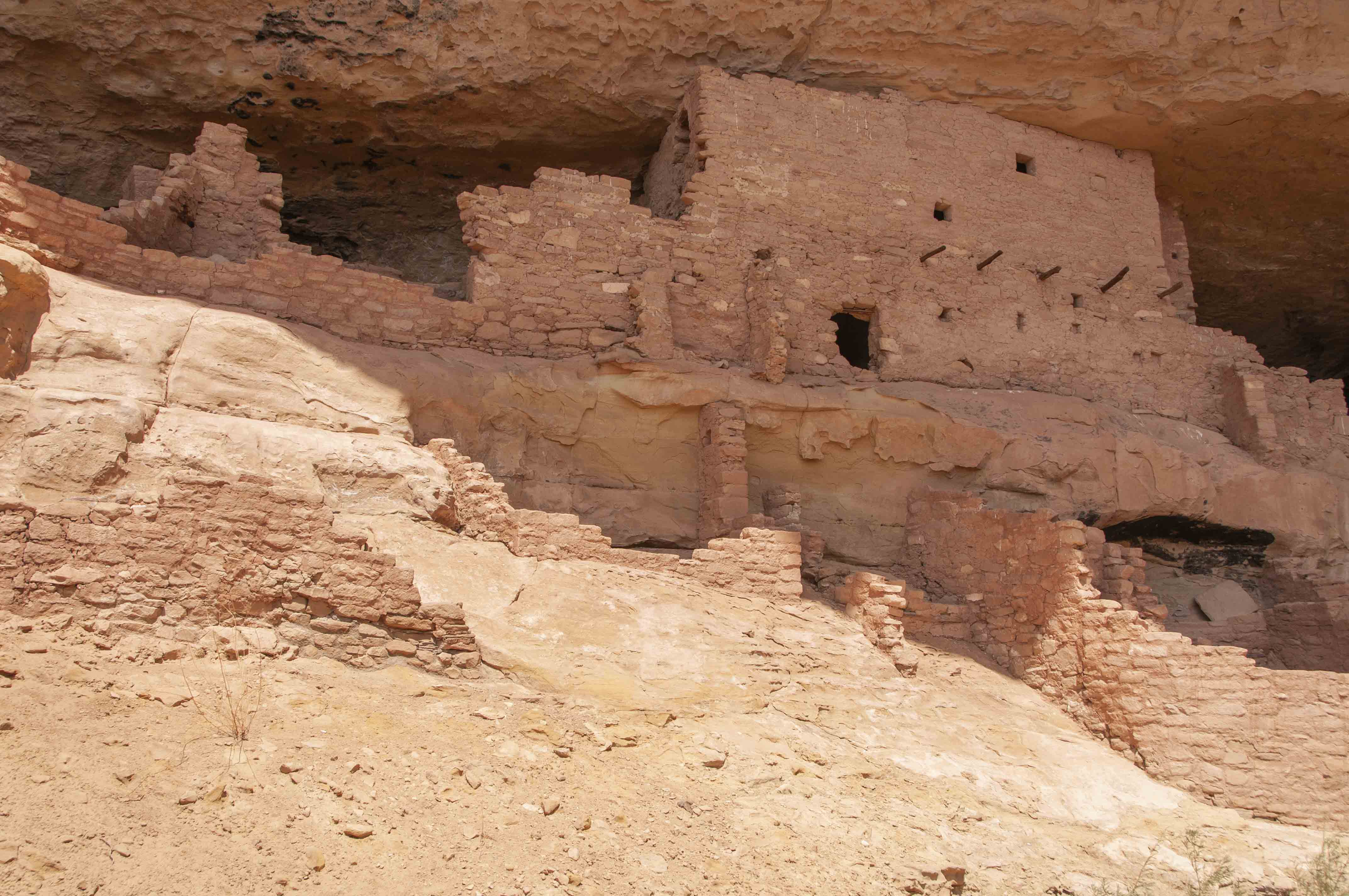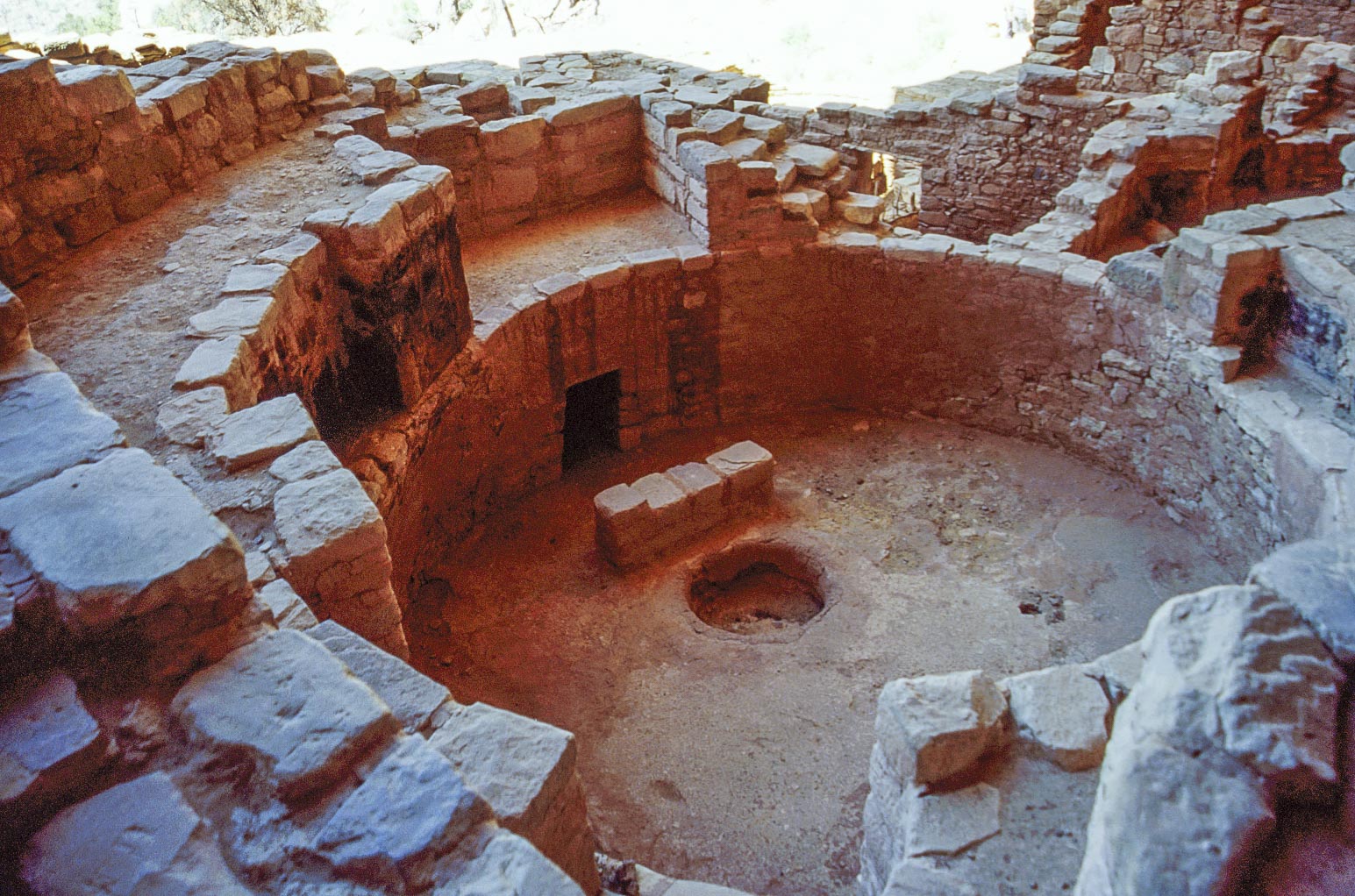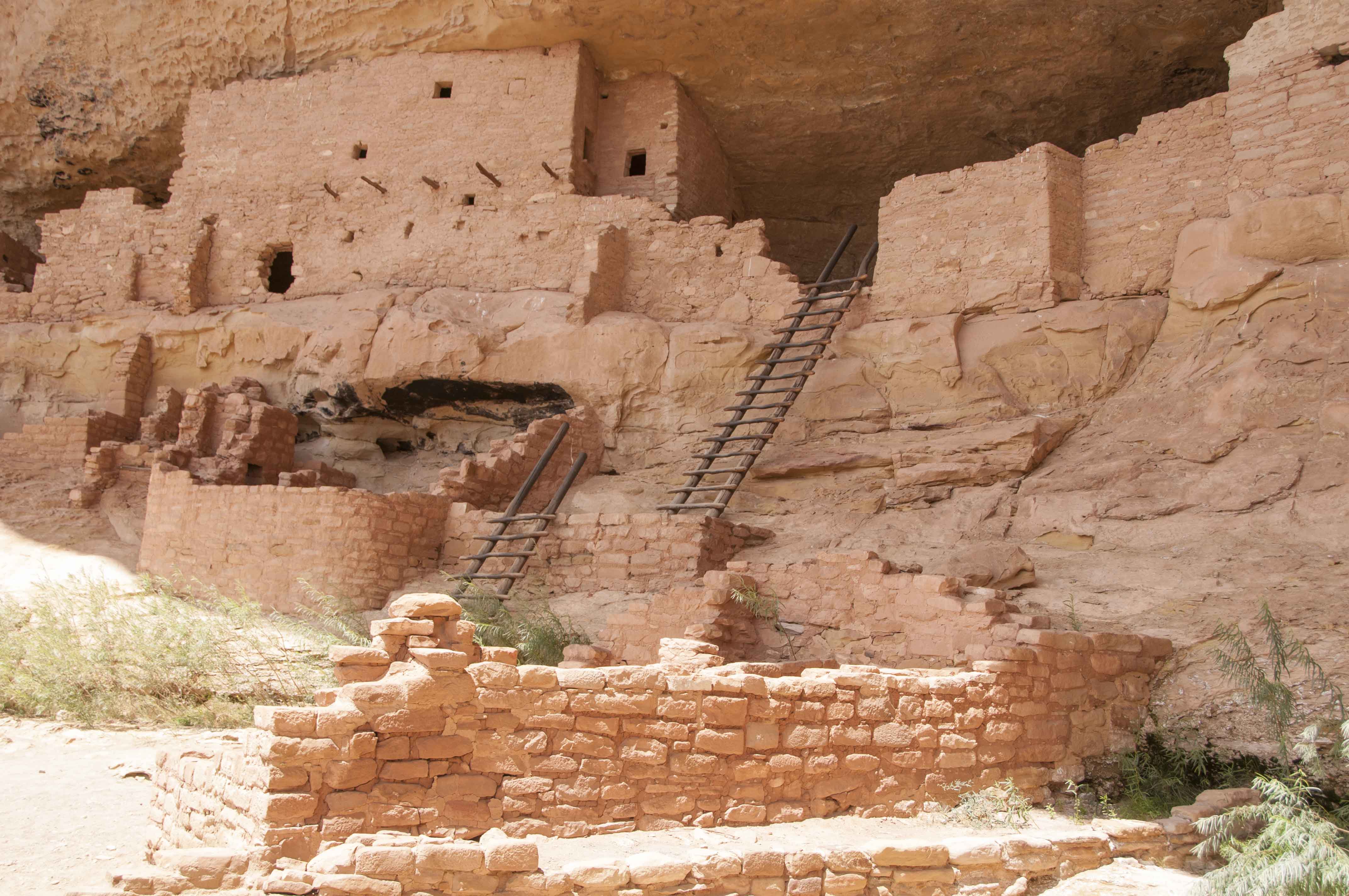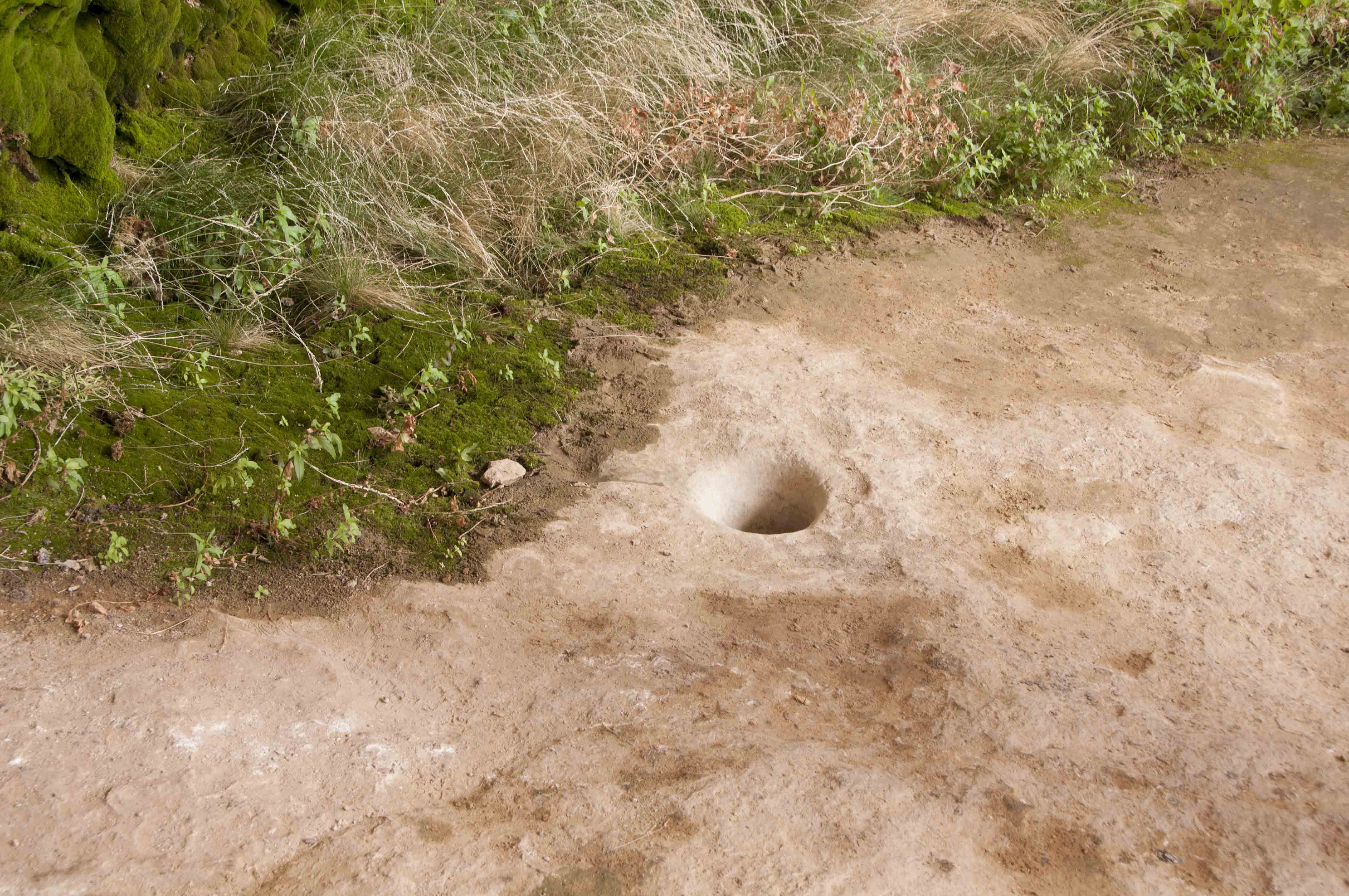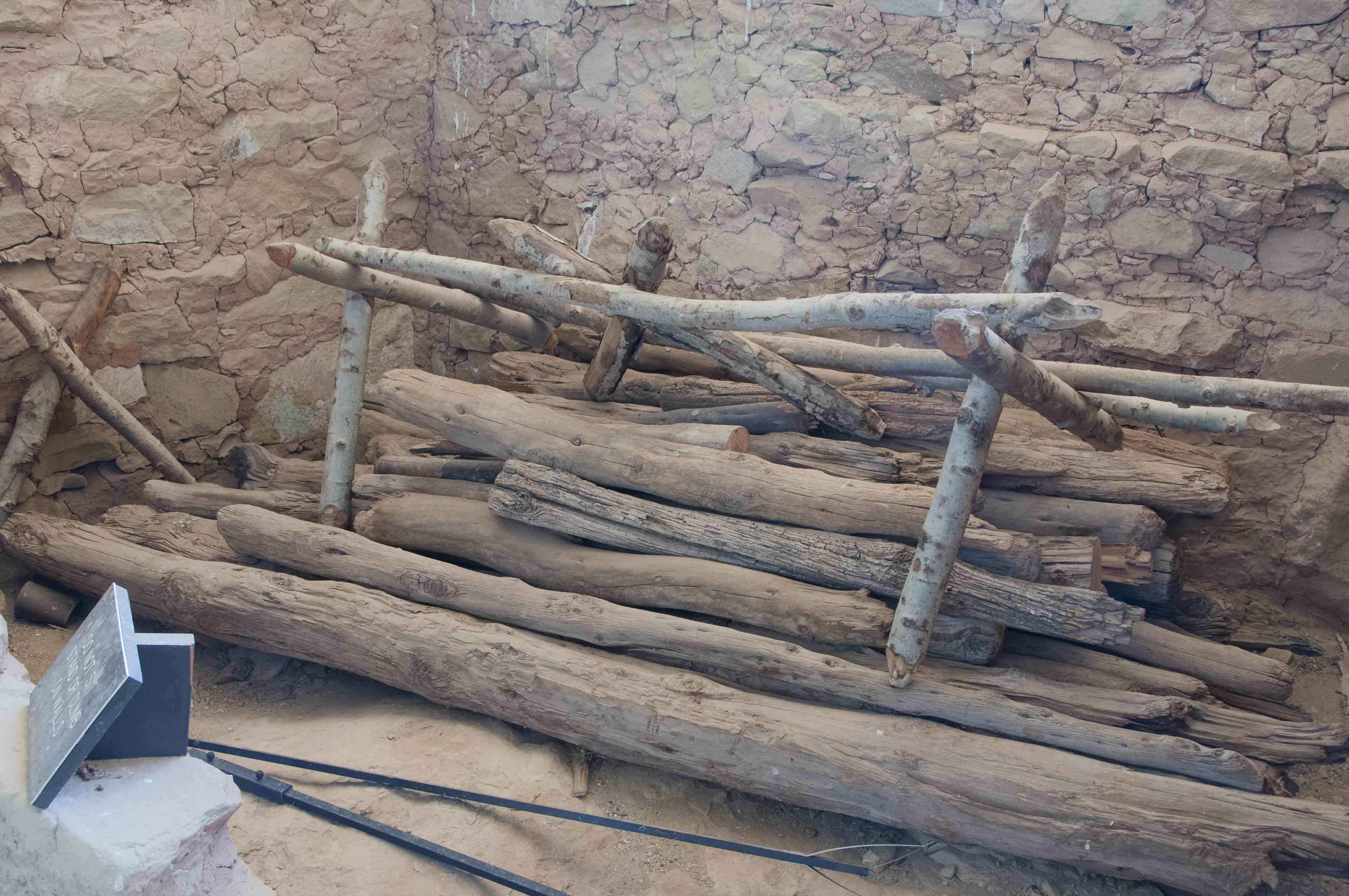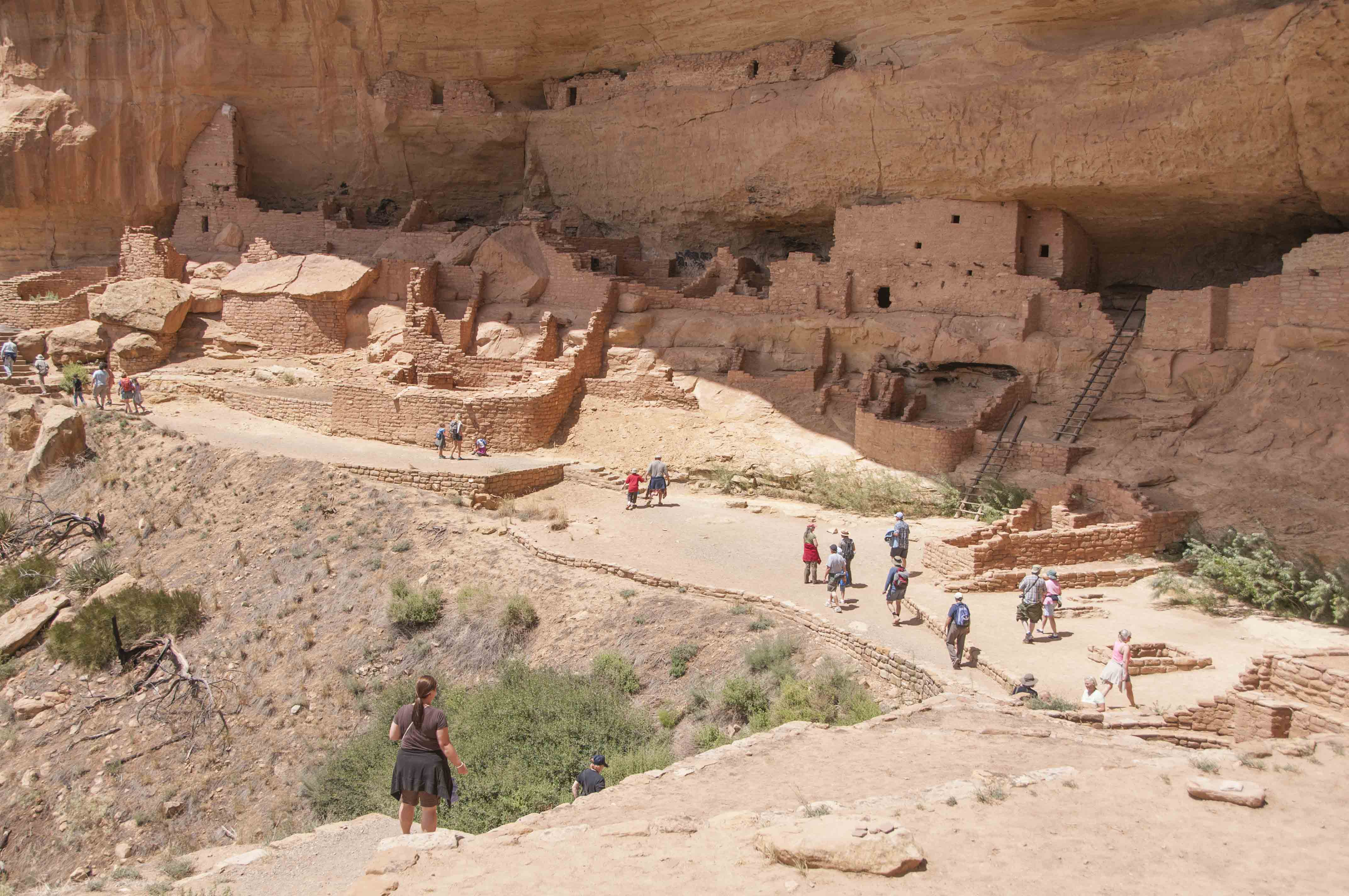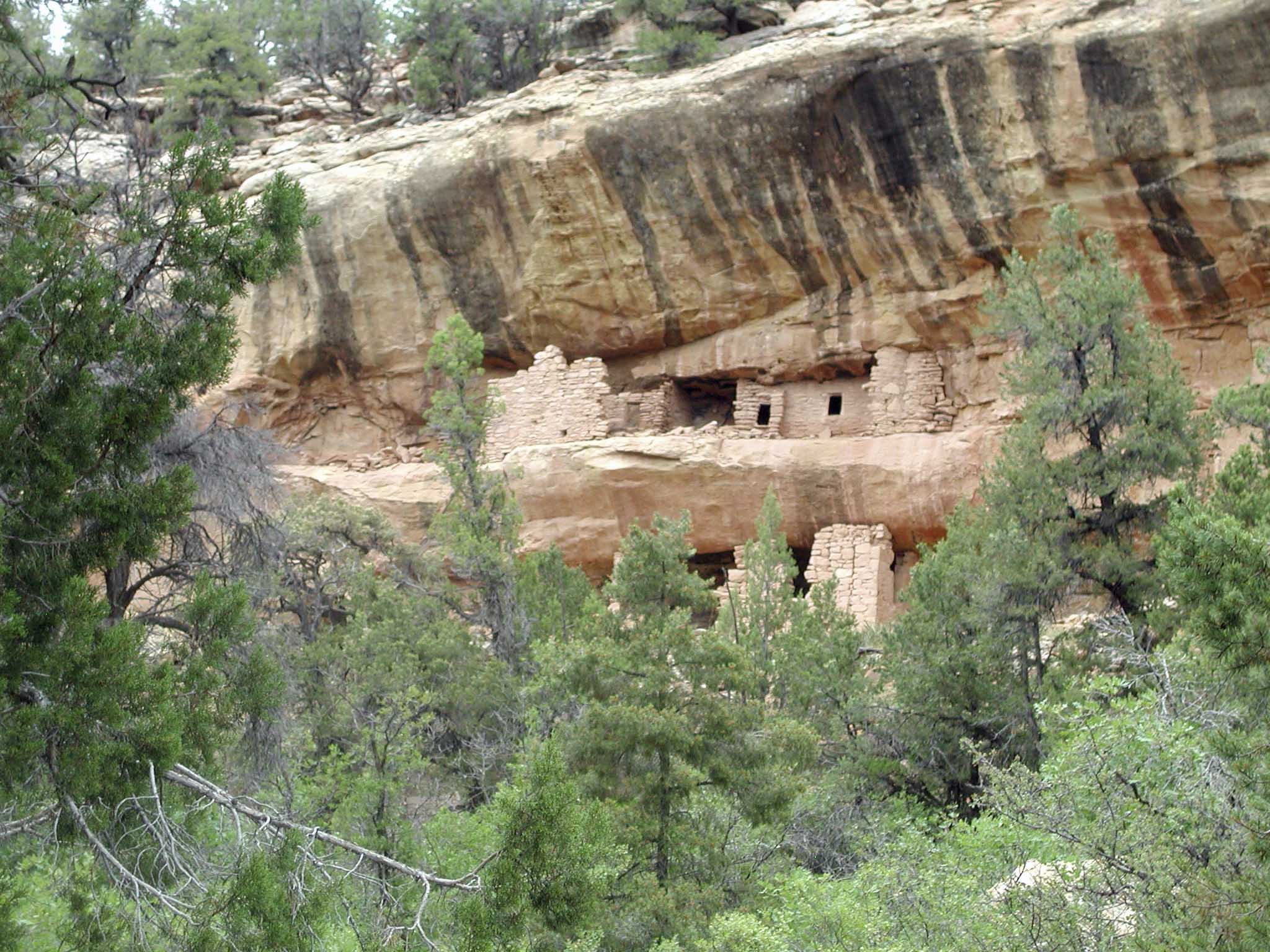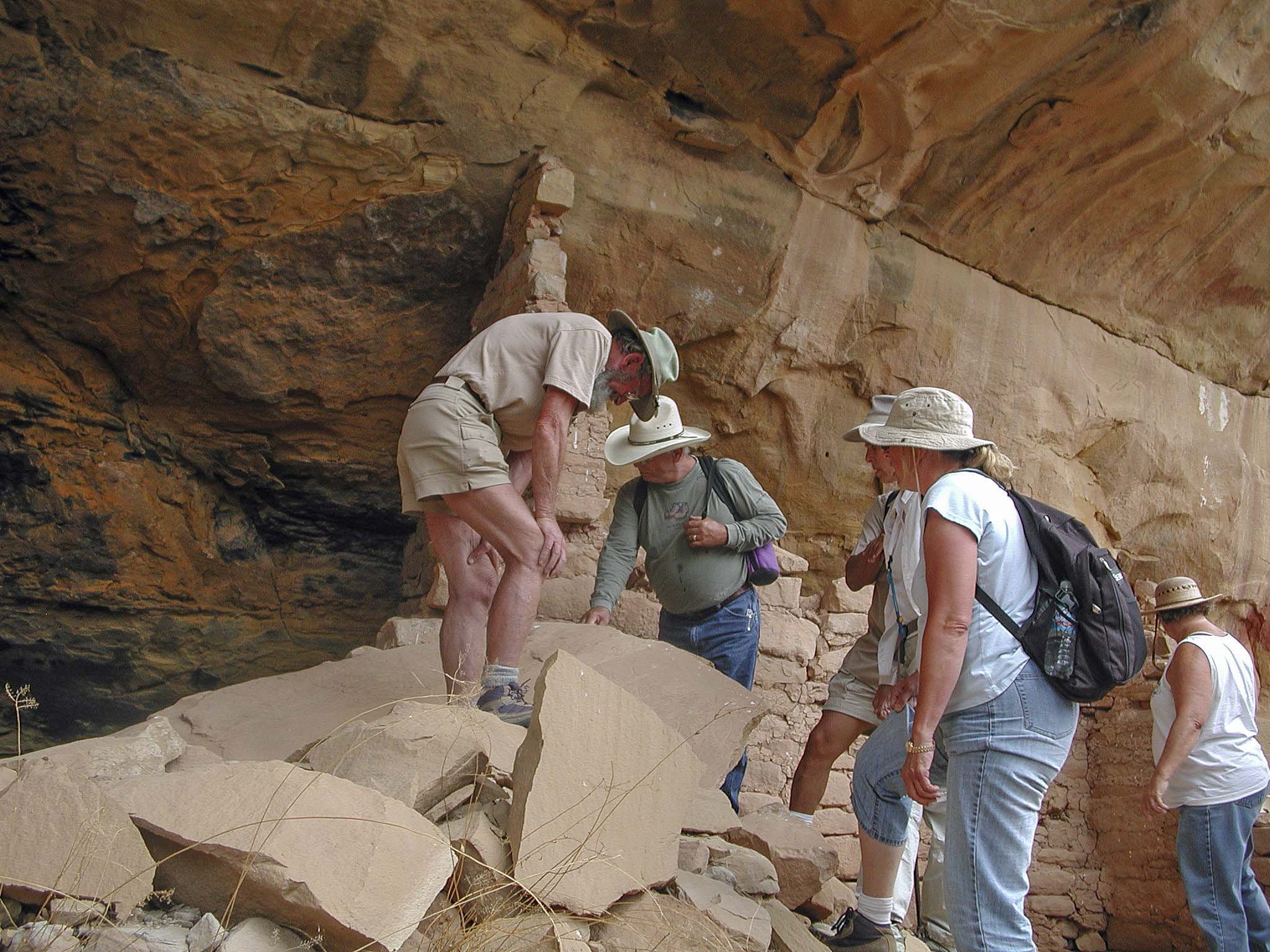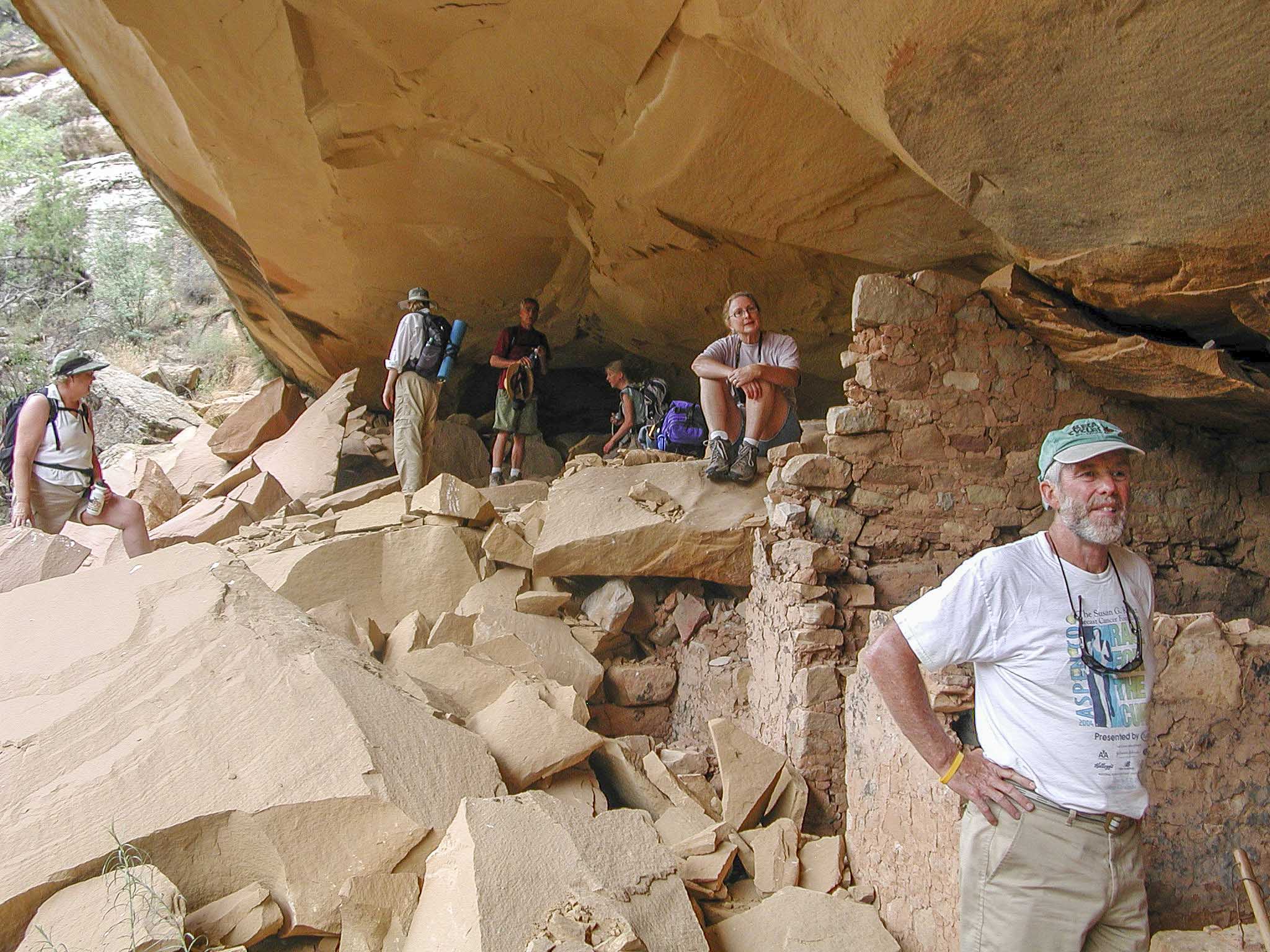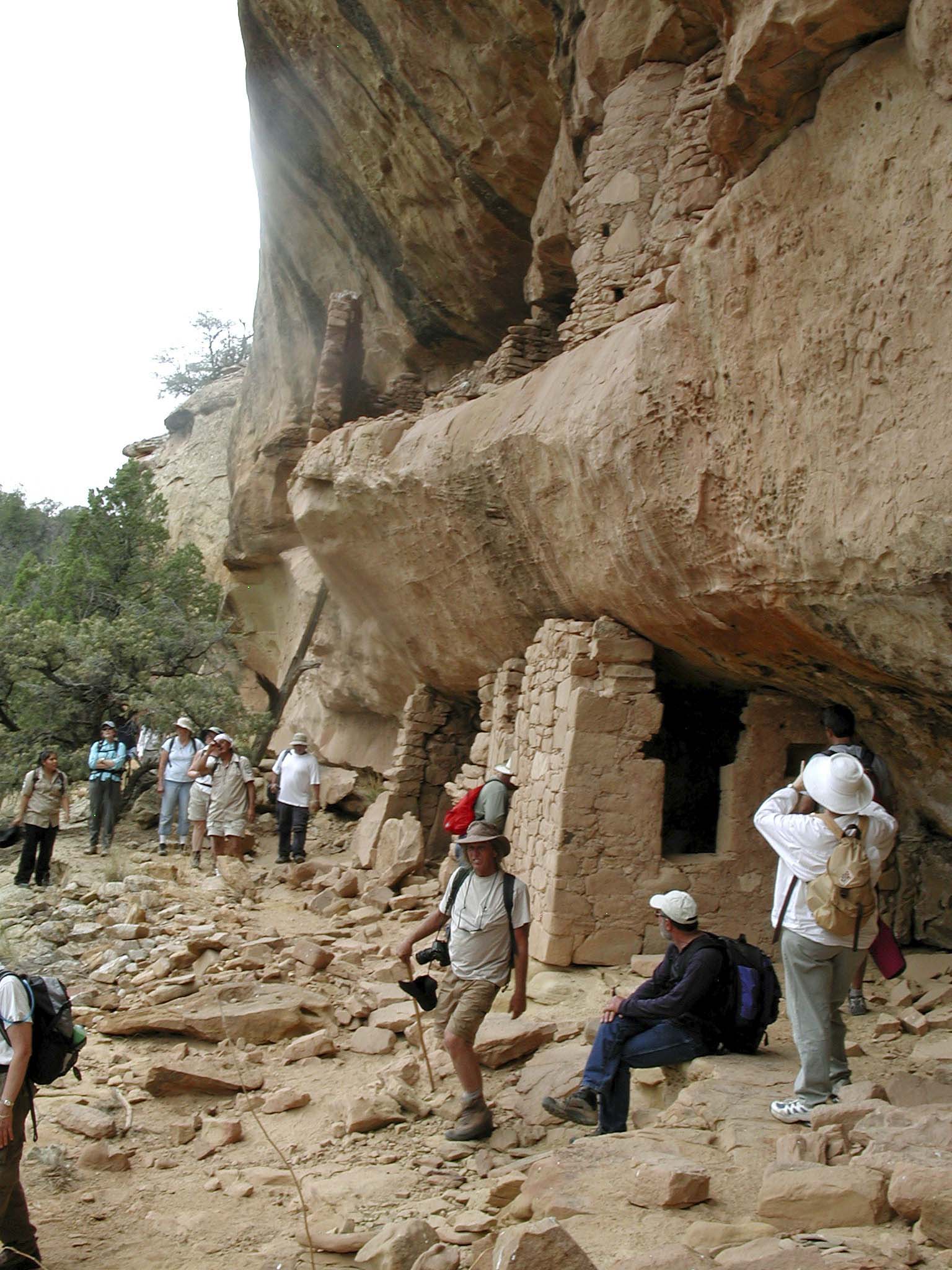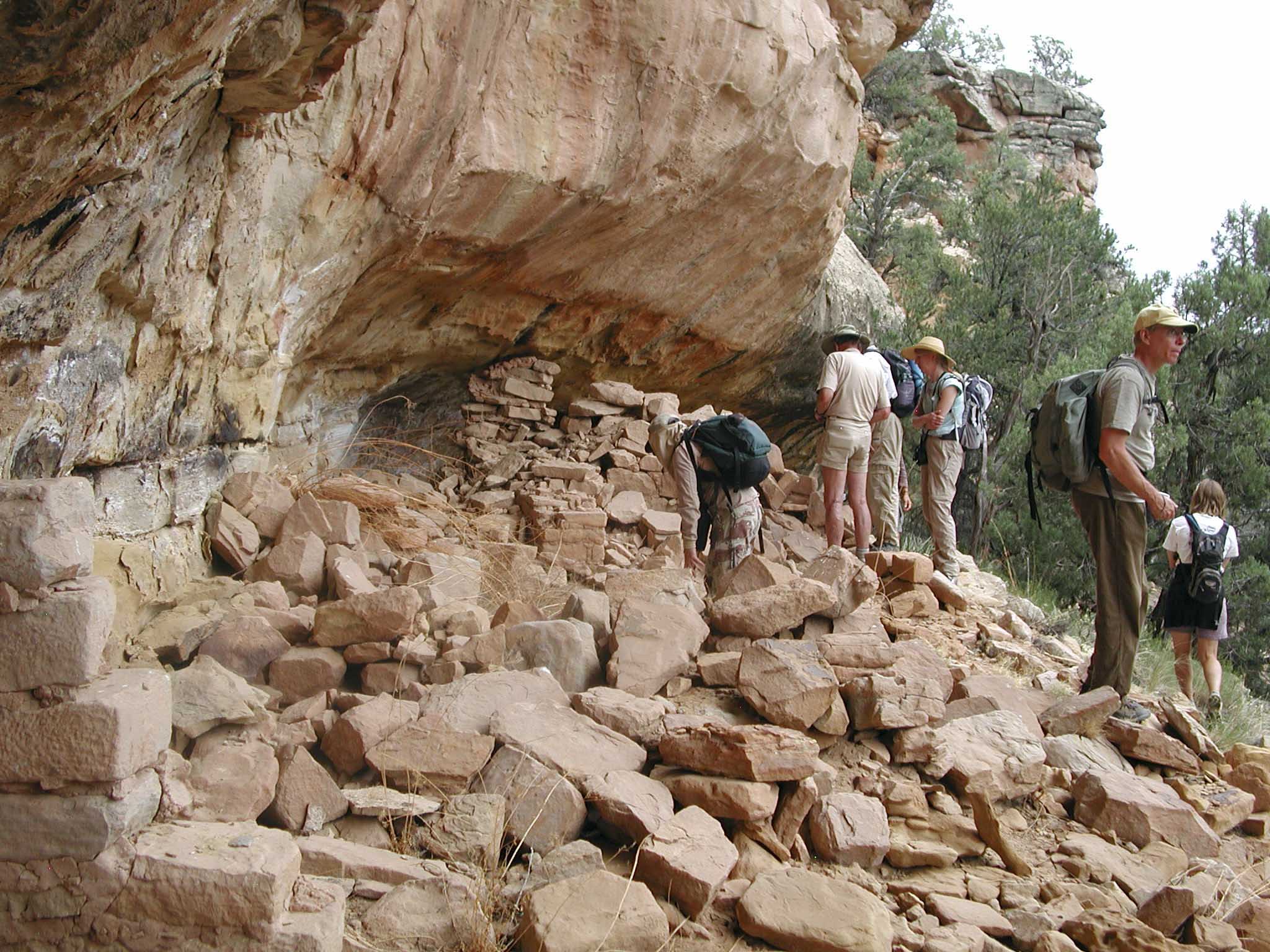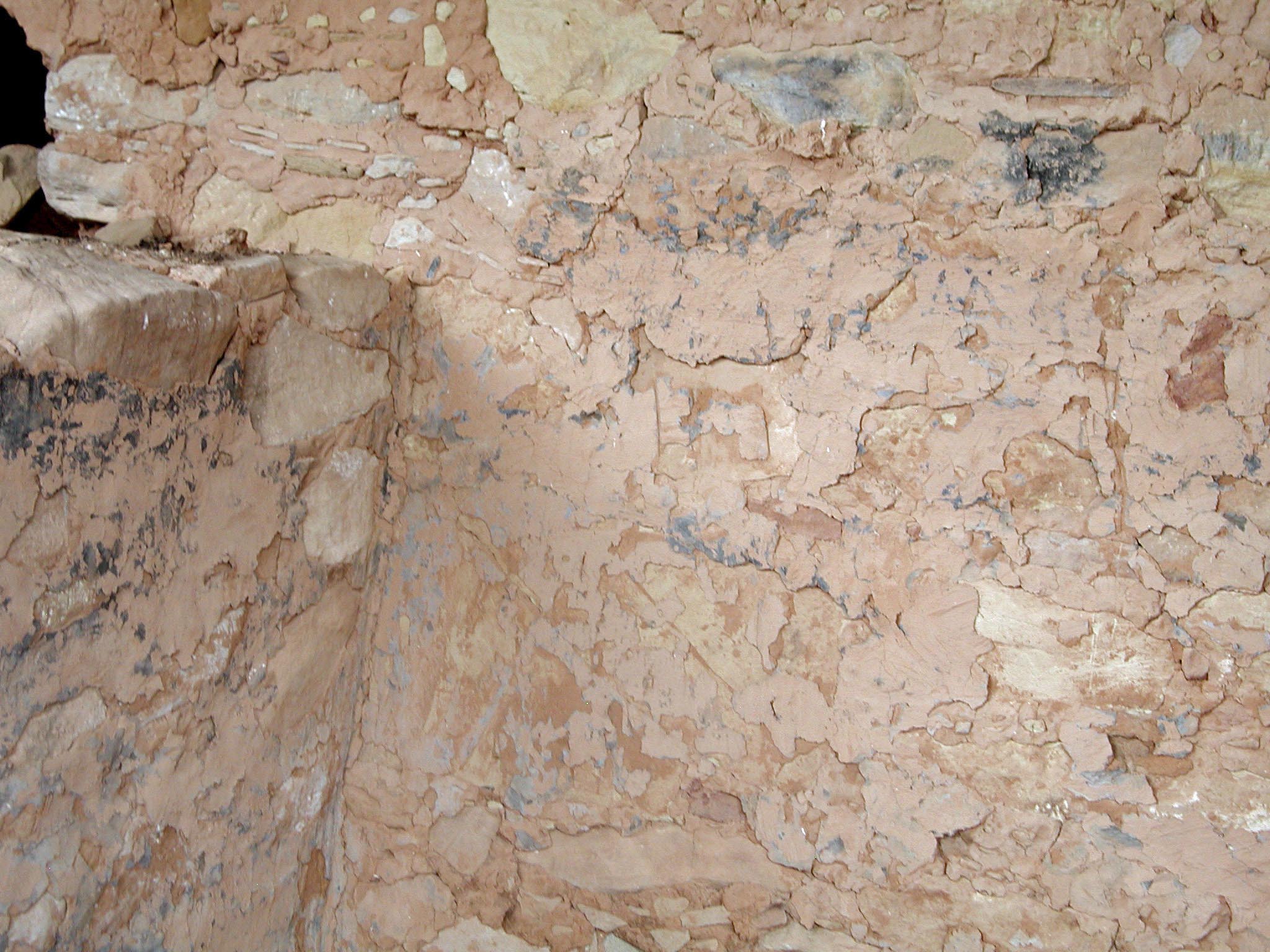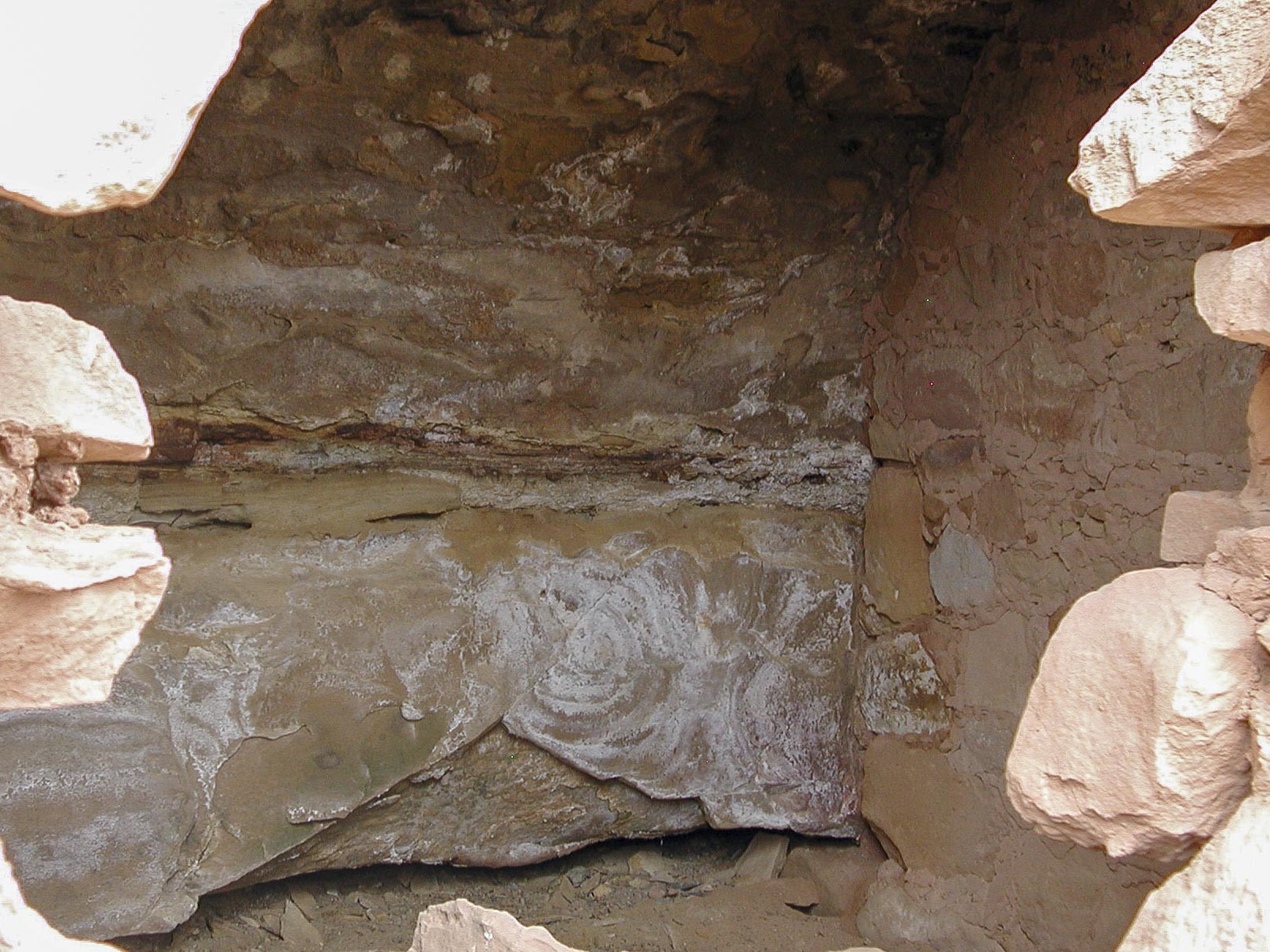Mesa Verde National Park Volume 4
Volume 4 covers Wetherill Mesa. Wetherill Mesa is not an easy place to visit. First, it's only open from May to October, assuming there are no fires or significant adverese weather events . My trip in 2002 was a month before the Long Mesa Fire, which I'm sure closed the road to Wetherill Mesa. Second, it's a 12 mile drive from Far View (where Wetherill Mesa Road starts) to the visitor parking lot at Wetherill Mesa. Wetherill Mesa Road is narrow and winding and not recommended for vehicles over 25 feet. Third, once you park your vehicle it's a 5 mile hike or bicyle ride along a partial loop to see the sights. The two times I went to Wetherill Mesa there was a tram that took visitors to the ruins around the loop. The tram was discontinued in 2015. Having said all that, the trip to Wetherill Mesa is well worth making if you're into Ancestral Puebloan Culture. There are 3 visitor friendly sites at Wetherill Mesa: Step House, the Badger House Community, and Long House. In addition, Nordenskiöld Site #16 and Kodak House can be viewed from overlooks along the loop. We will visit Step House and Long House in this Volume.
Step House
Step House is a small late Pueblo III house constructed around AD 1225 at the
north end of an alcove near Long Canyon. It was constructed in and around large
boulders in the cave. This site is located within easy walking
distance of the visitor parking lot. There are 6 Basket Maker III
pithouses in the alcove dating from the 600s. Step House is built over
2 of them. NPS has excavated and partially restored the other four.
Photos of the 3 southern-most pithouses are presented below, labeled
pithouse #1, #2, and #3. Pithouse #1 had burned at some point. Visible features
of this pithouse include the firepit, burned roof poles, sandstone slabs
lining the circular wall, and the encircling banquette. The roof of pithouse #3
has been partially reconstructed, presumably as it would have been originally
built.
Long House
Long House is situated under a large overhang near Rock Canyon. It faces south.
Long House is the second largest cliff dwelling on Mesa Verde, with 150+ rooms,
21 kin kivas, and a great kiva. The rectangular great kiva is similar to the
one at Fire Temple. It has a central raised firebox with rectangular floor vaults
on either side and a small square sipapu behind. There is a small room on
the west side that may have contained an alter. Storage rooms are located on the
upper ledges in the alcove.
Bonus - Ute Mountain Ute Tribal Park
The Ute Mountain Utes are one of three Ute tribes with reservations in Colorado, Utah, and New Mexico.
Ute Mountain Ute Tribal Park comprises 125,000 acres of the Ute Mountain Ute Reservation adjacent to
parts of Mesa Verde National Park. The park contains hundreds of ancetral puebloan sites, petroglyphs,
and pictographs. Guided tours are offered to some of the sites, and of course I took one. Sorry to say
I don't know the name of the site we visited, but I don't think it was one of the better known ones. There
was very little excavation of the site, so you can get an idea of what a "pristine" site looks like
(lots of fallen stone and rubble).
Source material obtained from Anasazi Ruins of the Southwest in Color by Ferguson and Rohn, Wikipedia, and National Park Service sources.
Use the form on the Home Page to submit comments, questions, or suggestions. TD Productions Copyright © 2019
